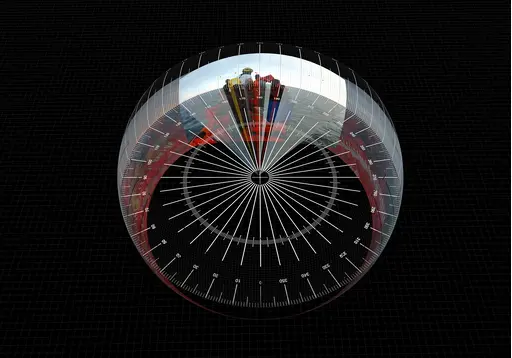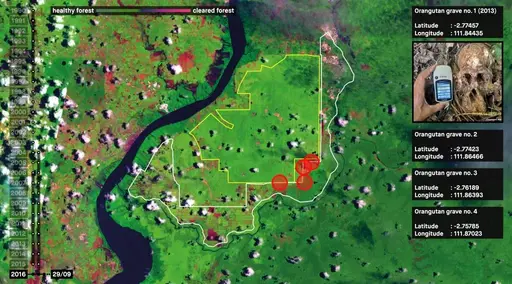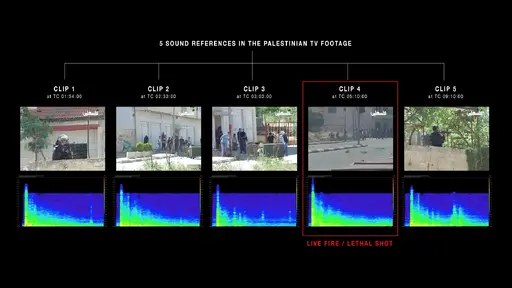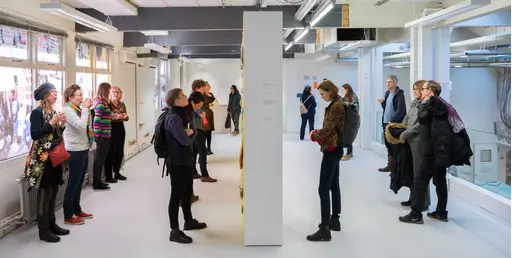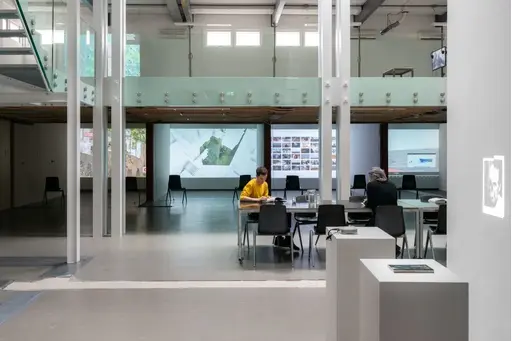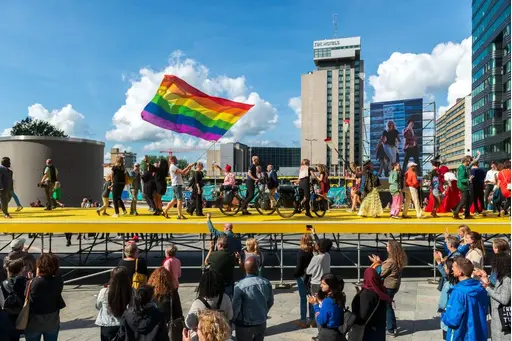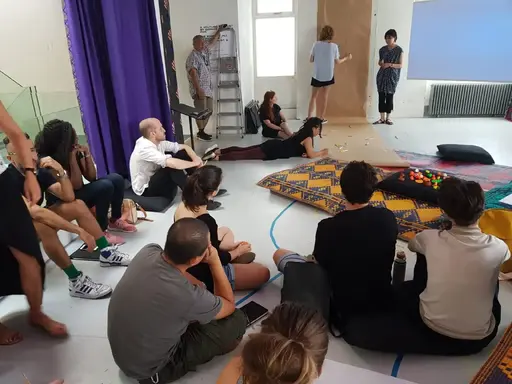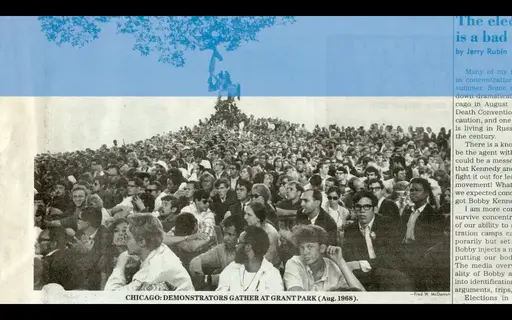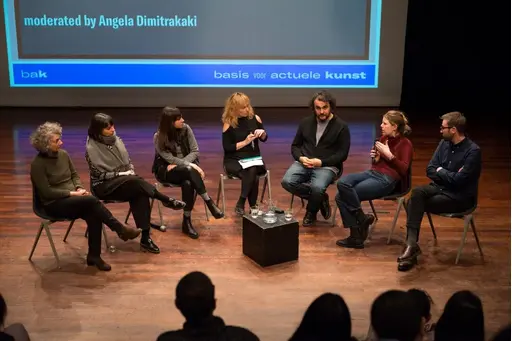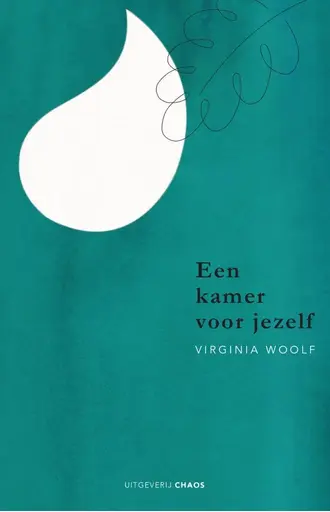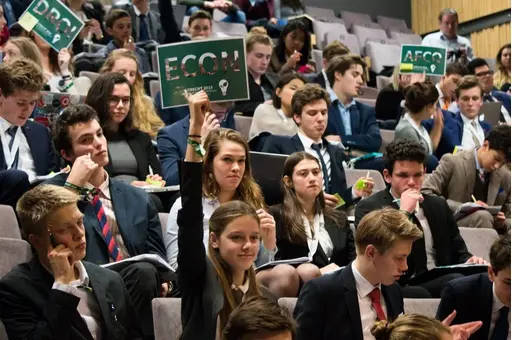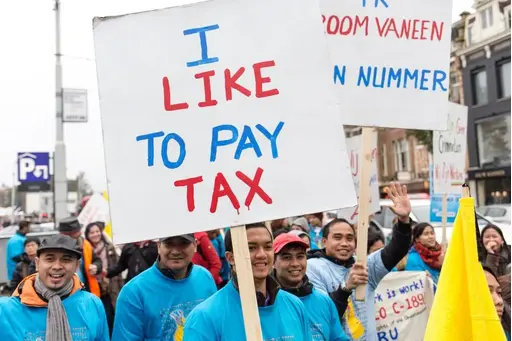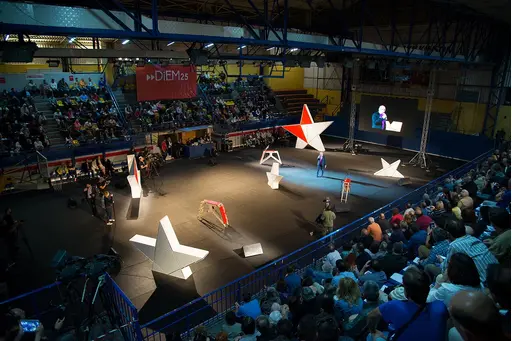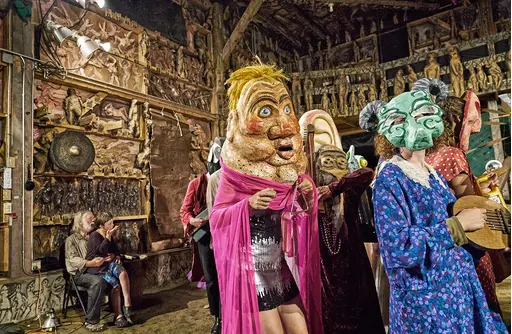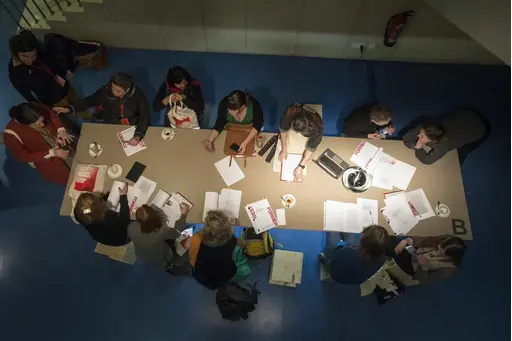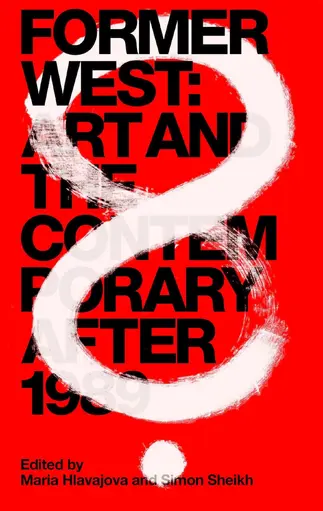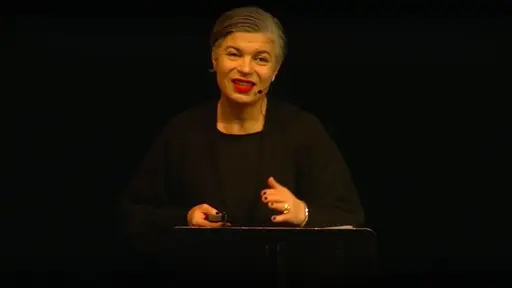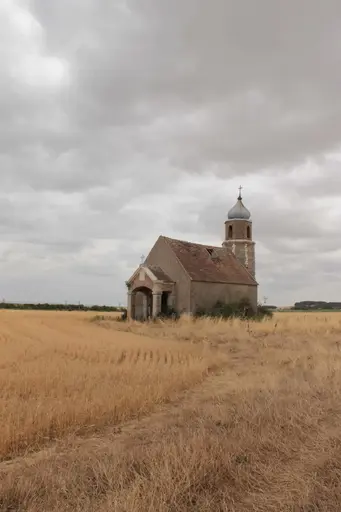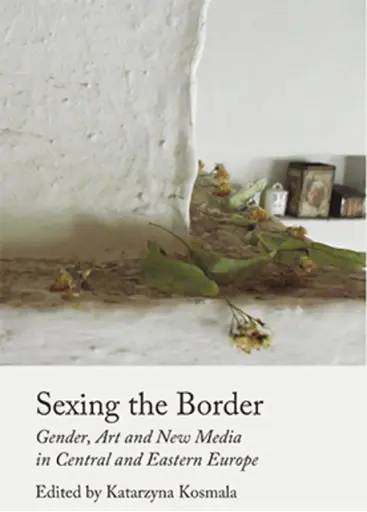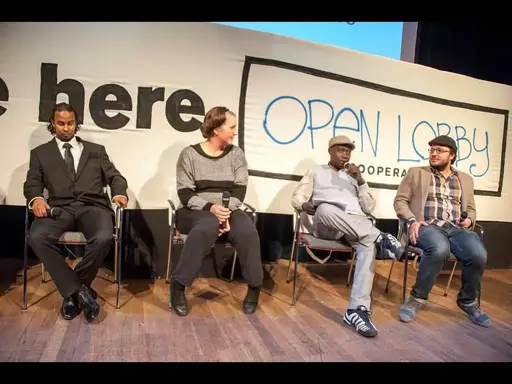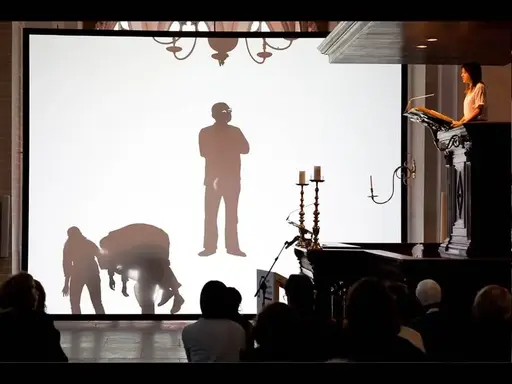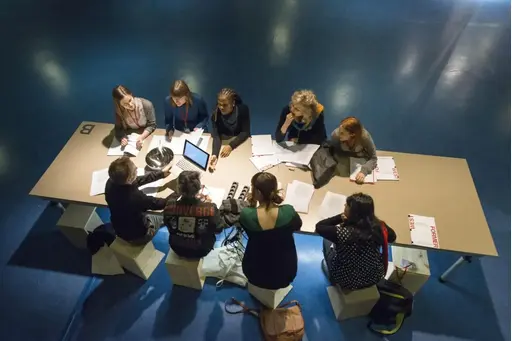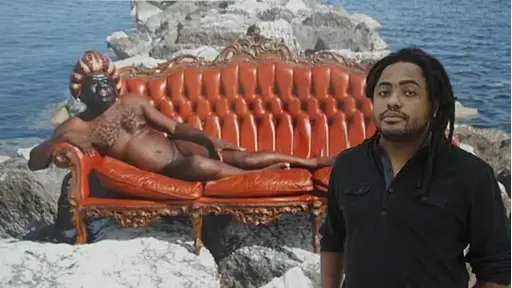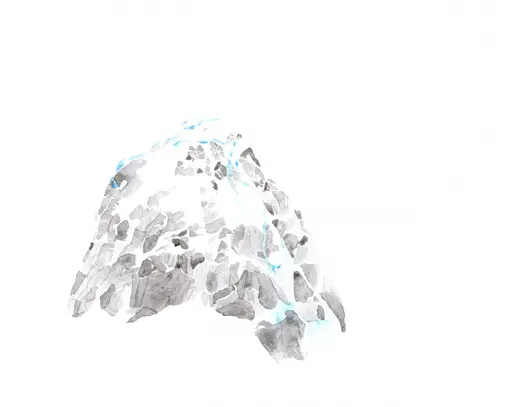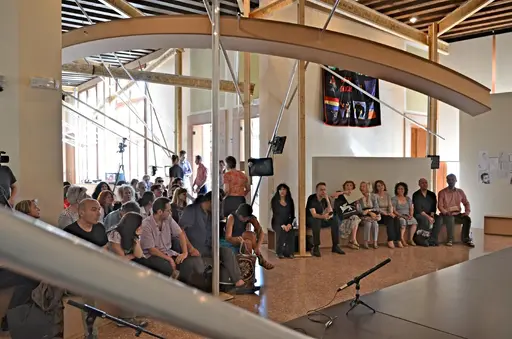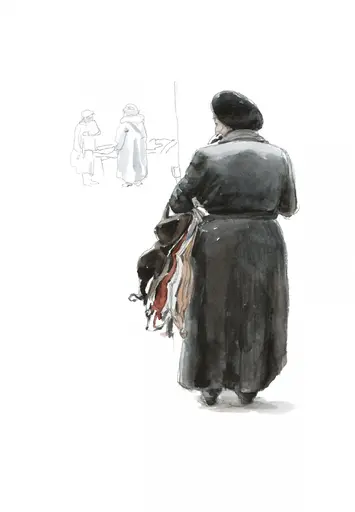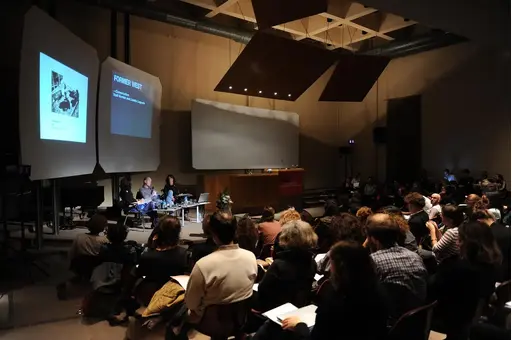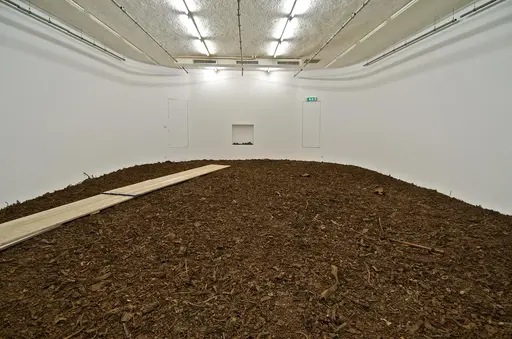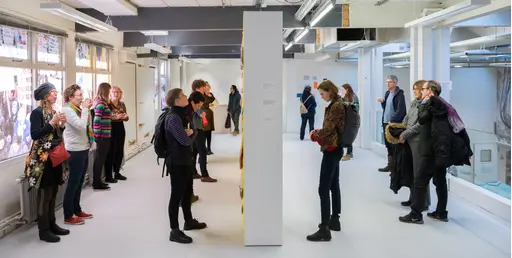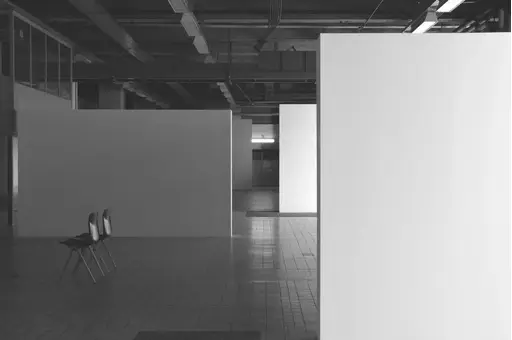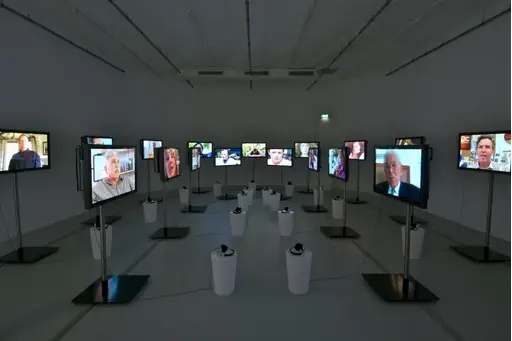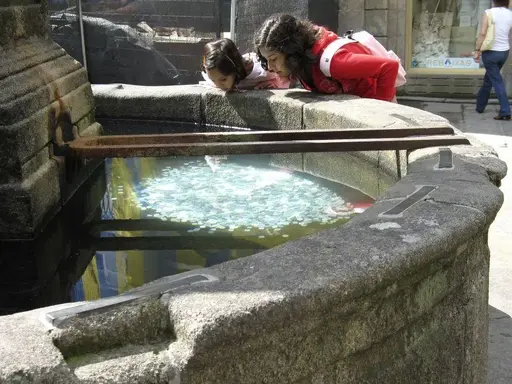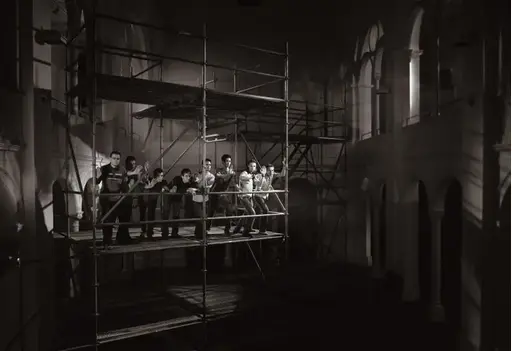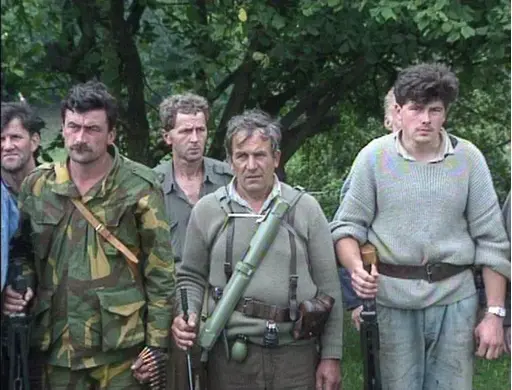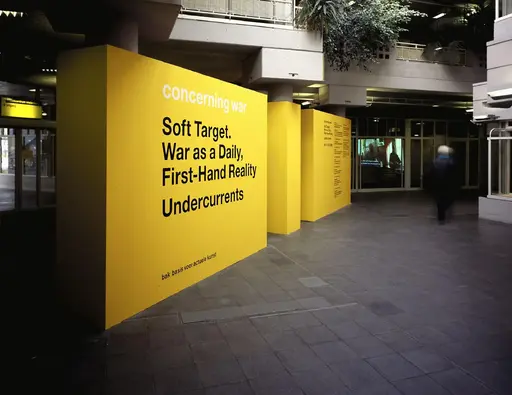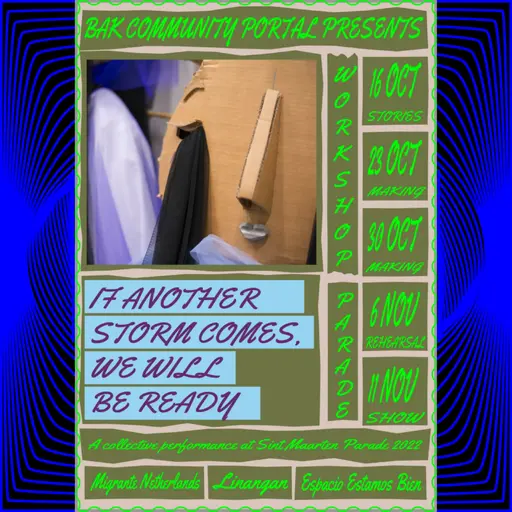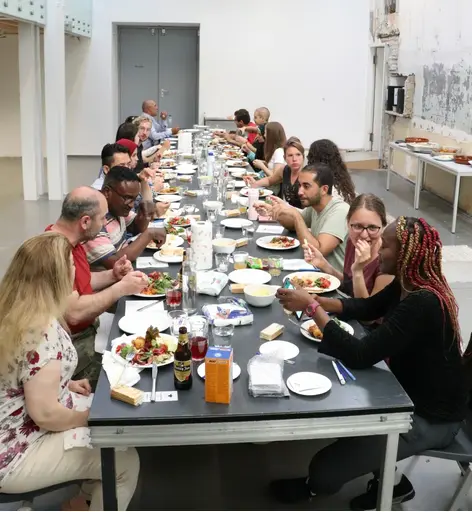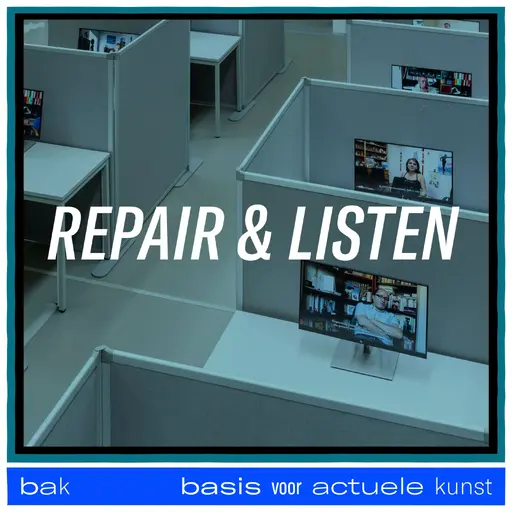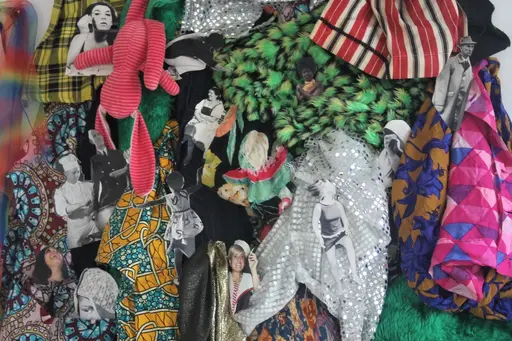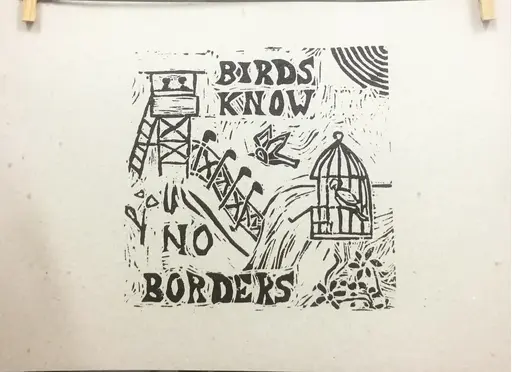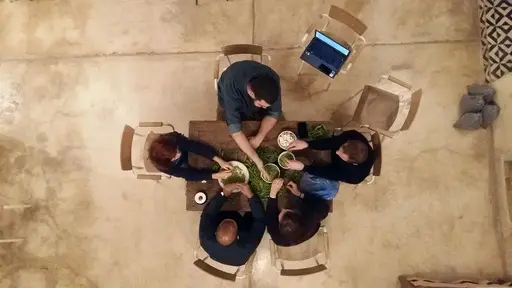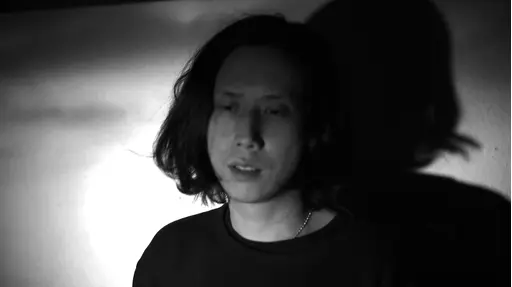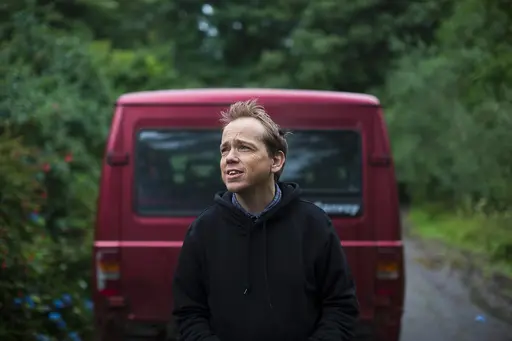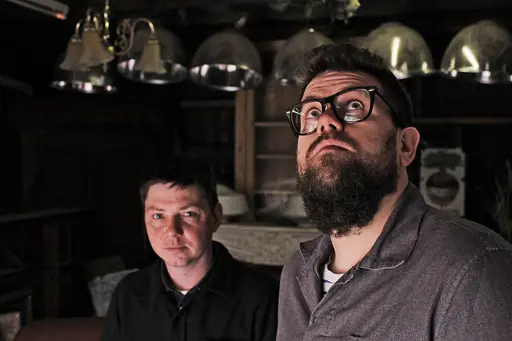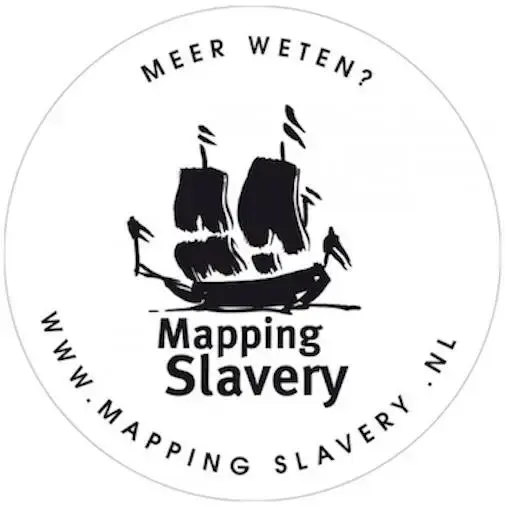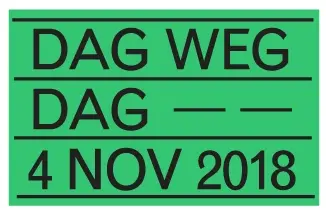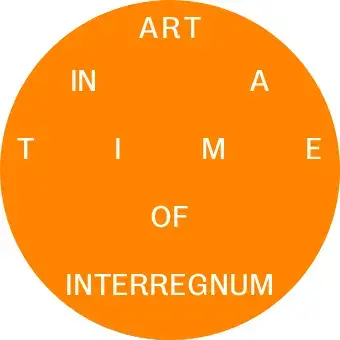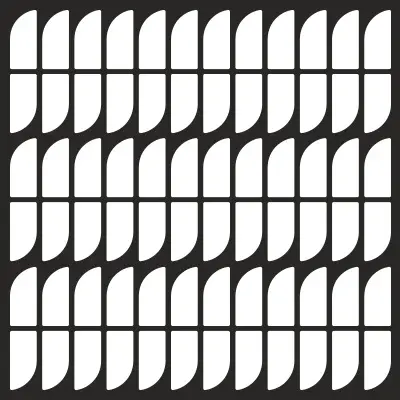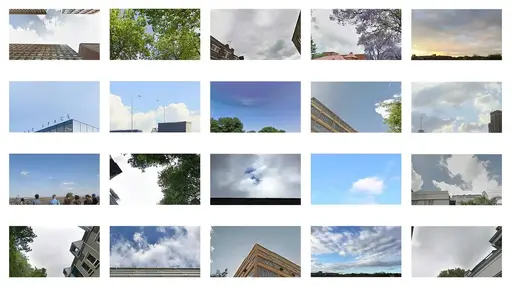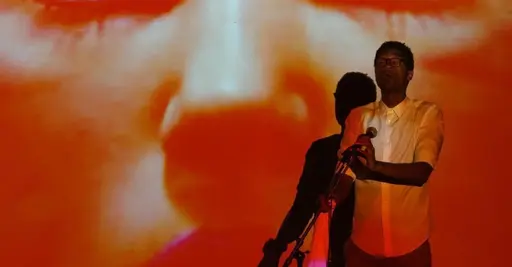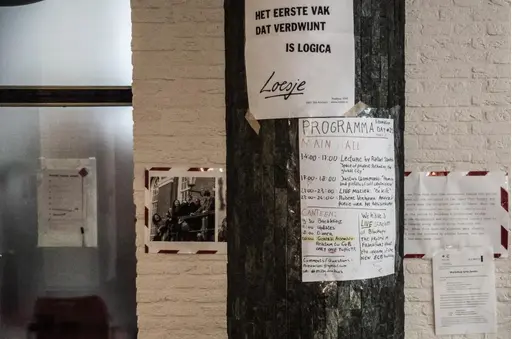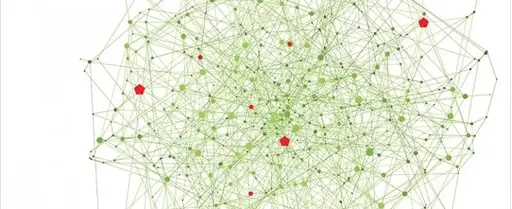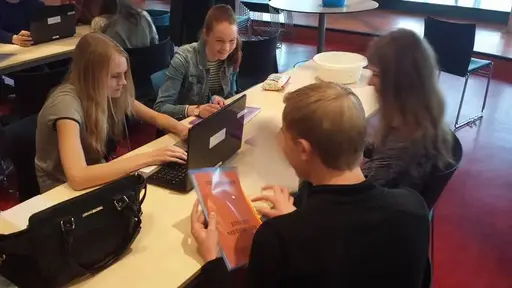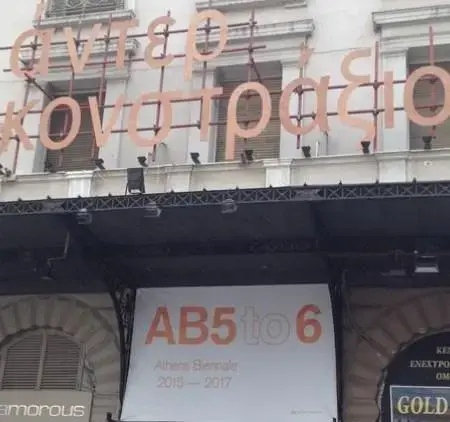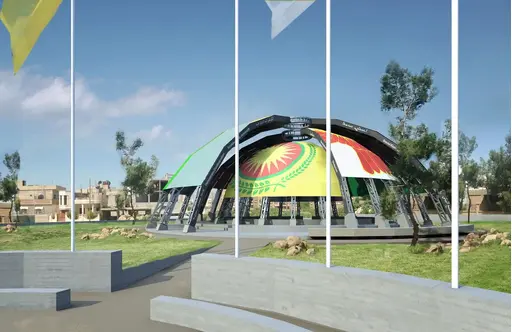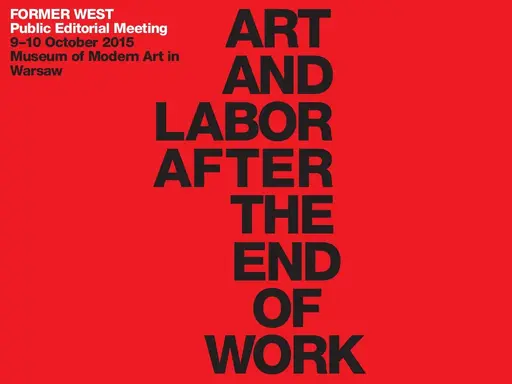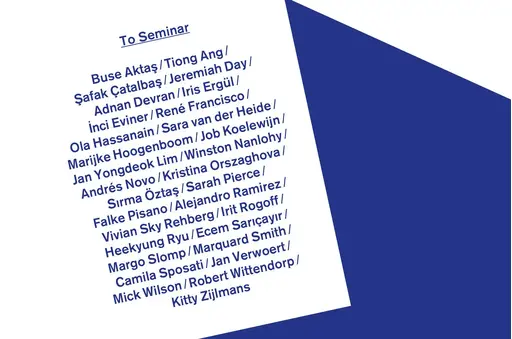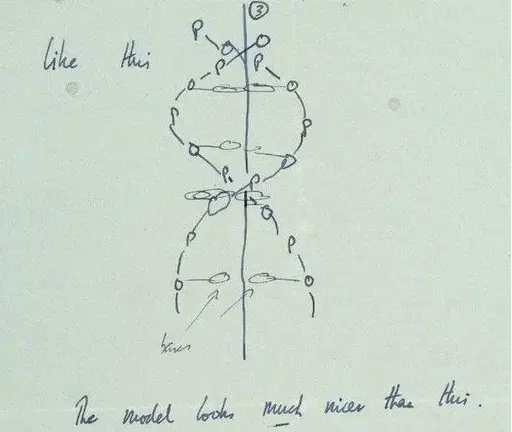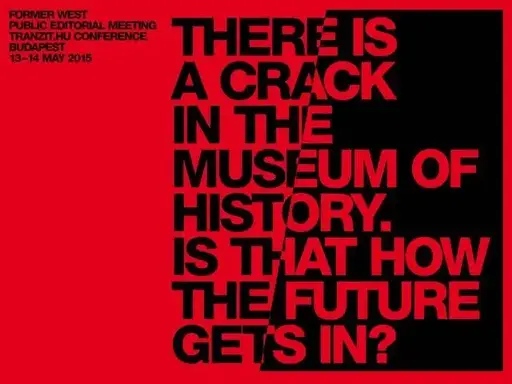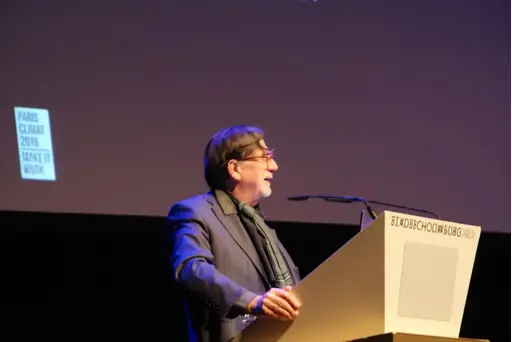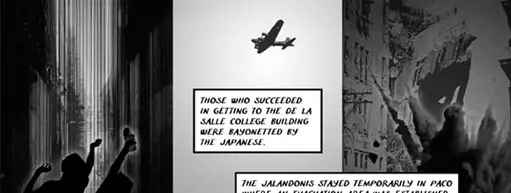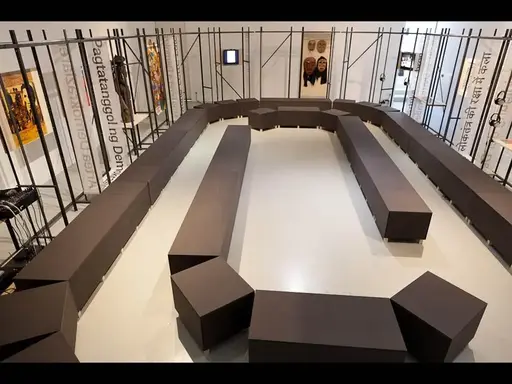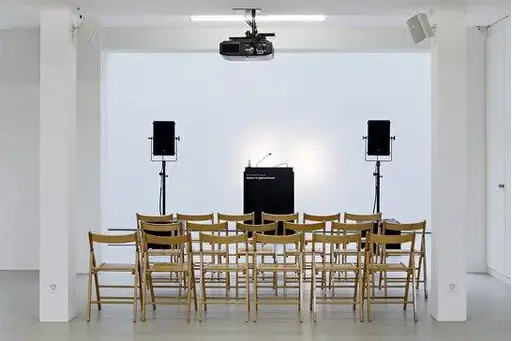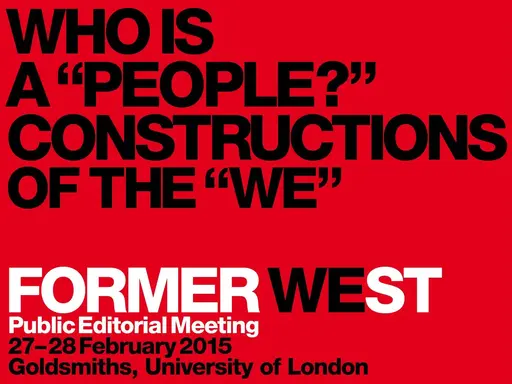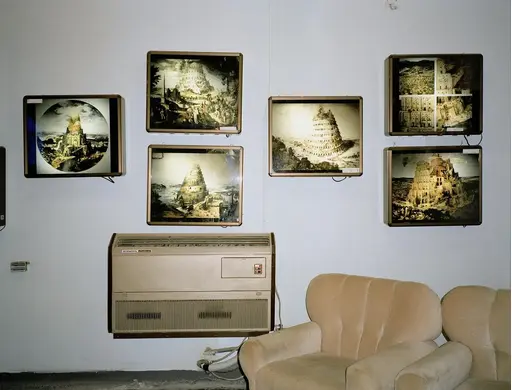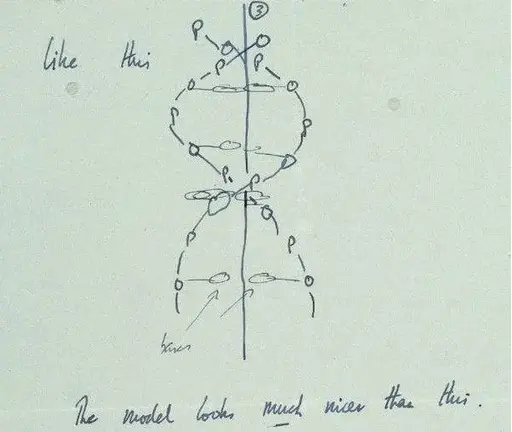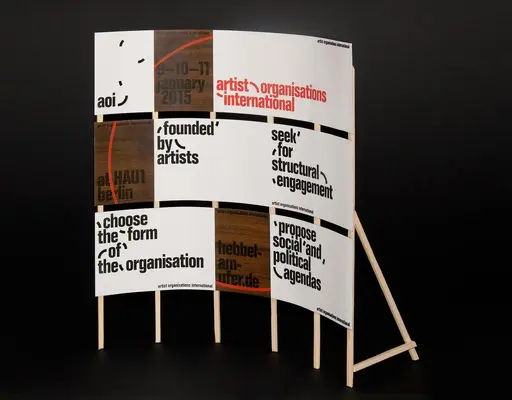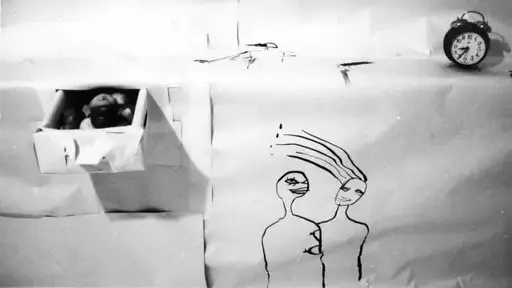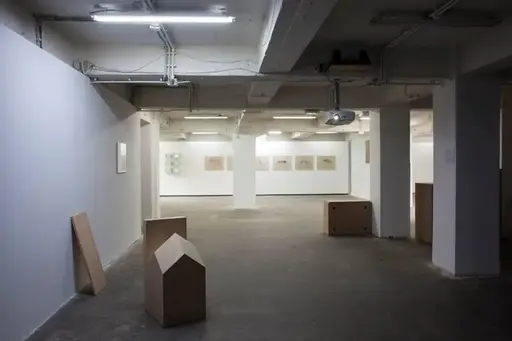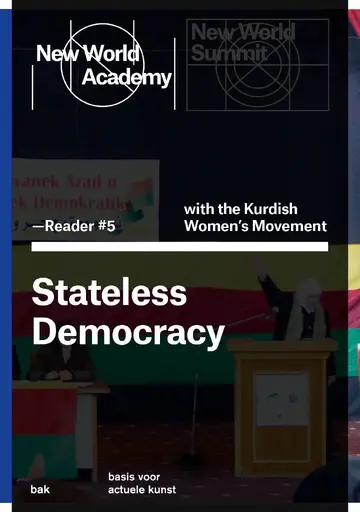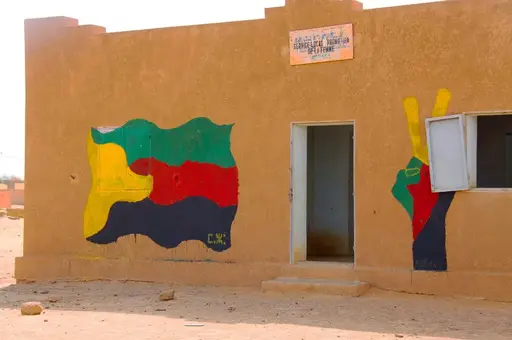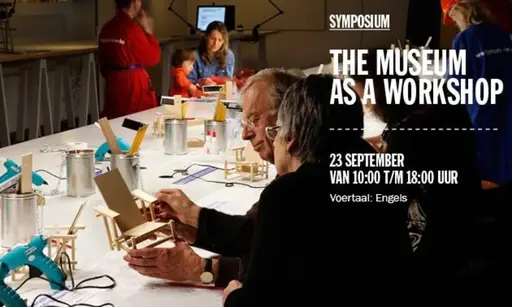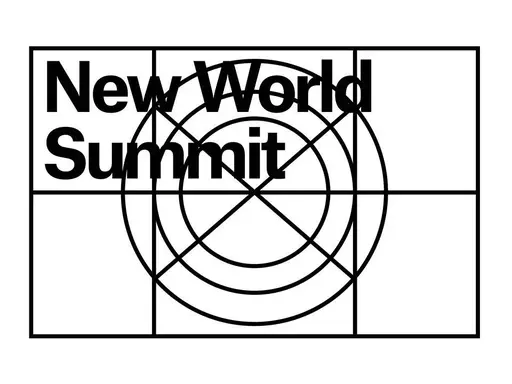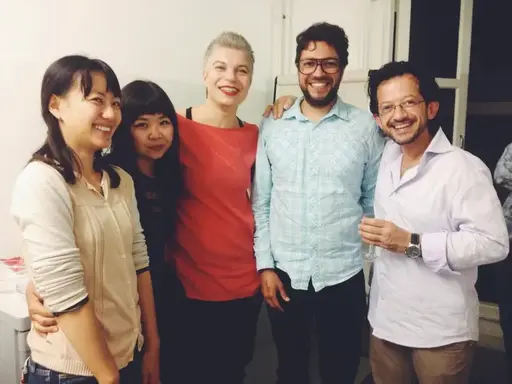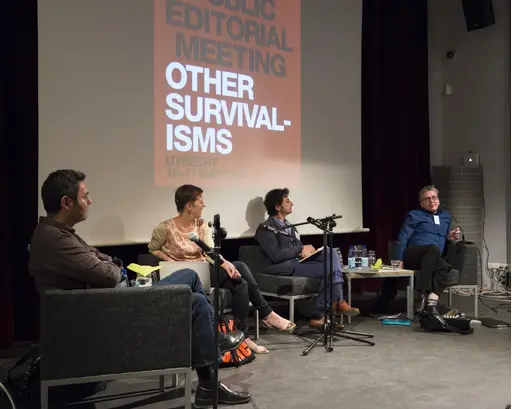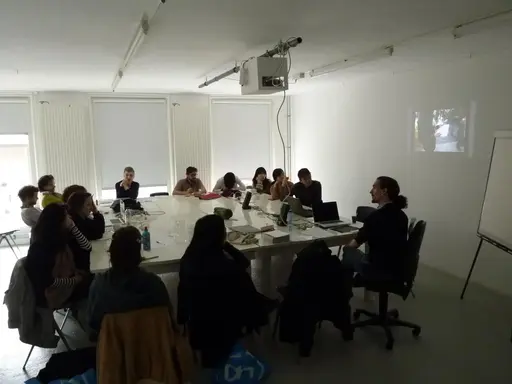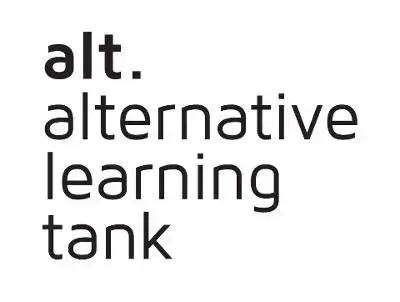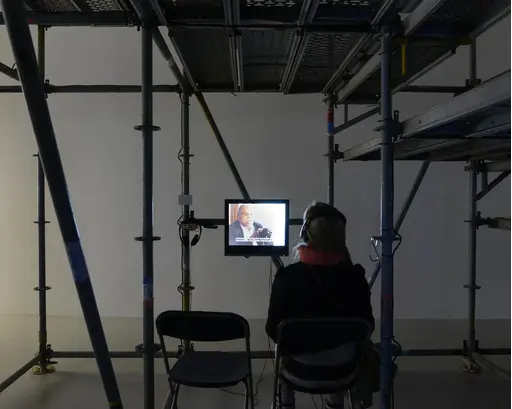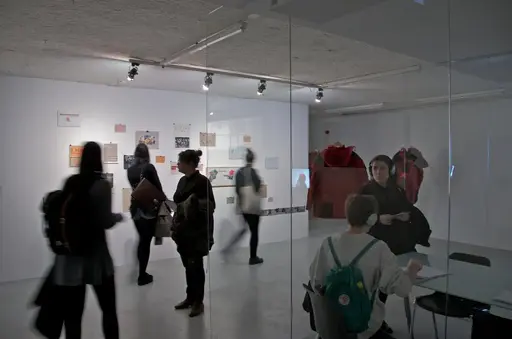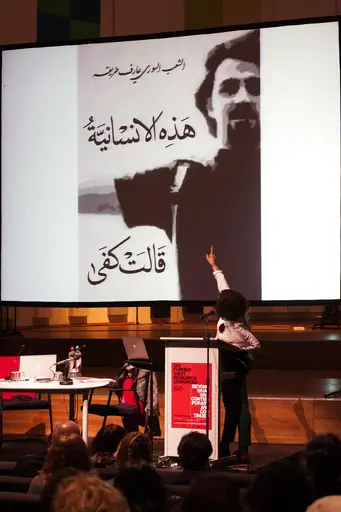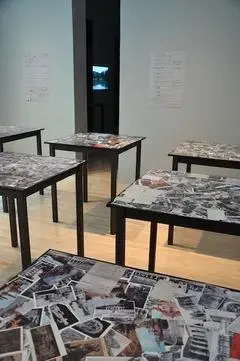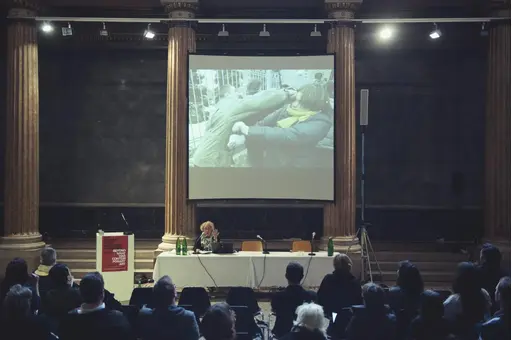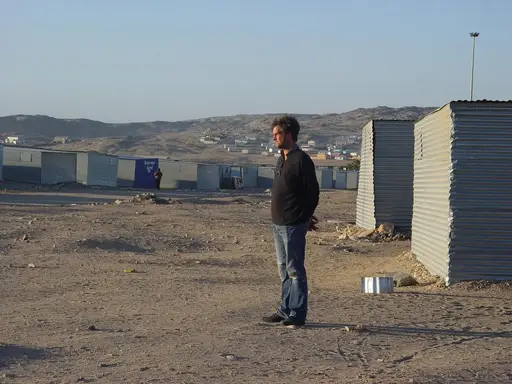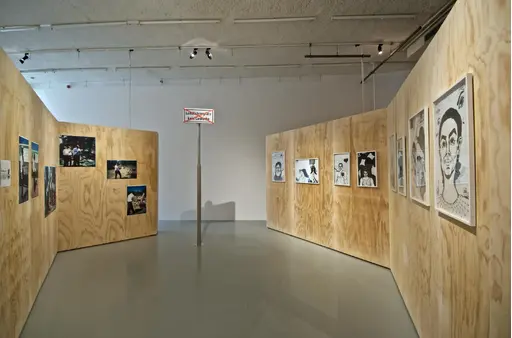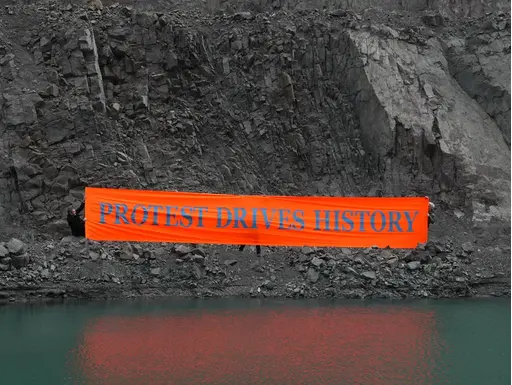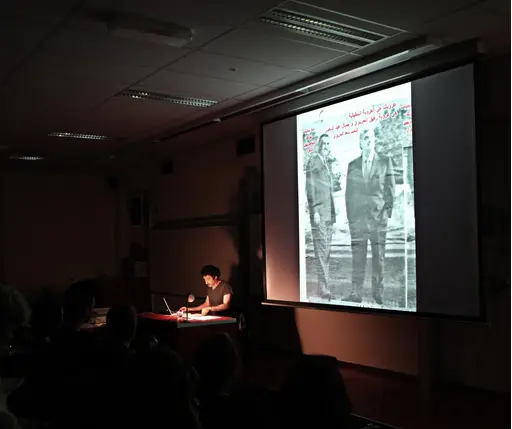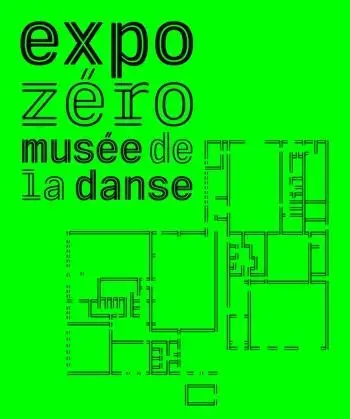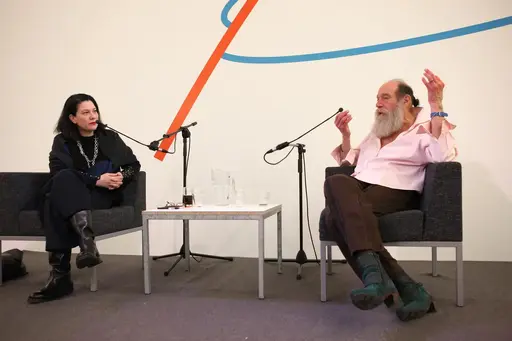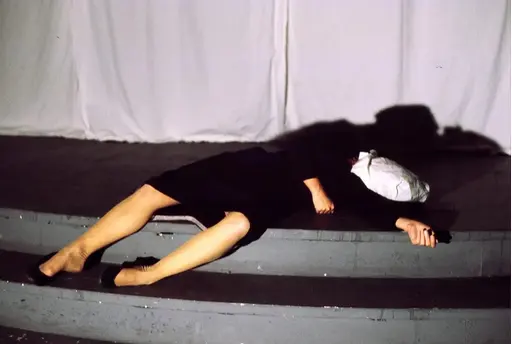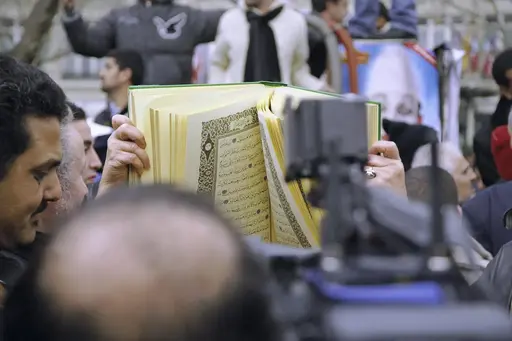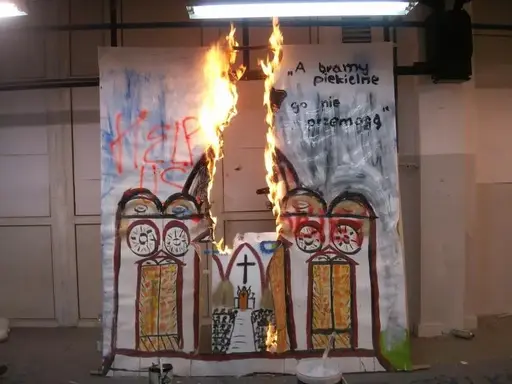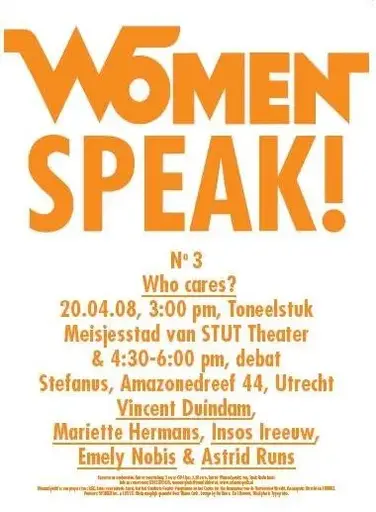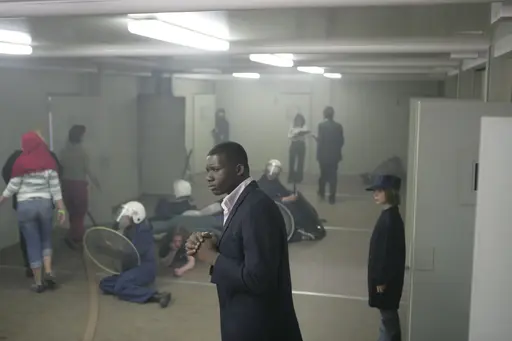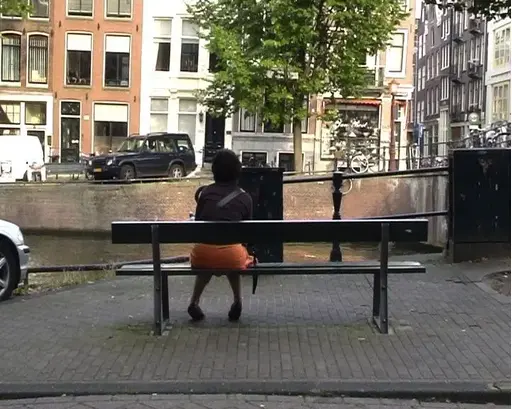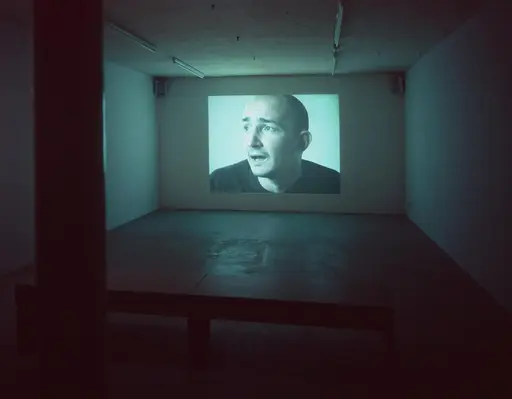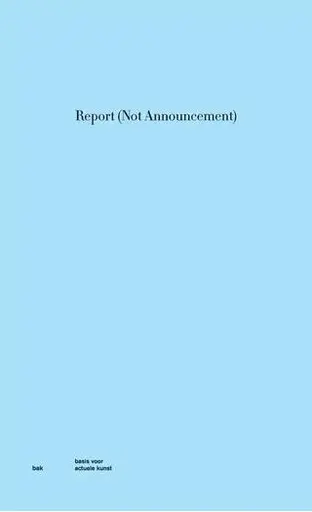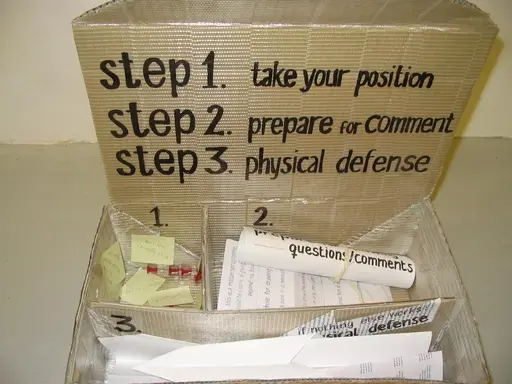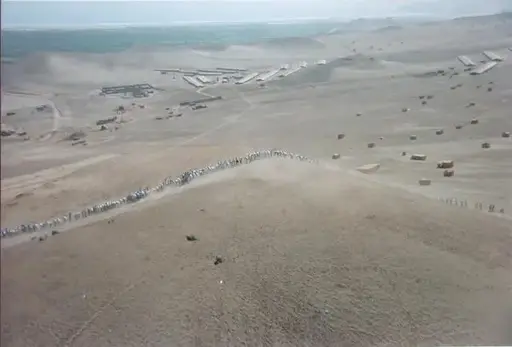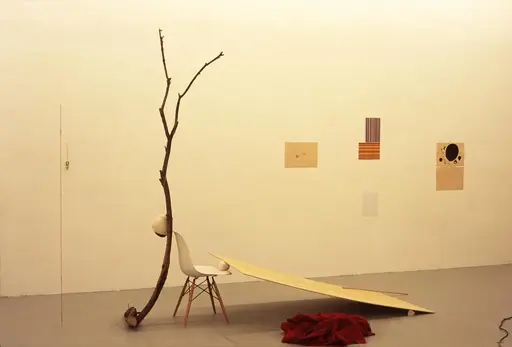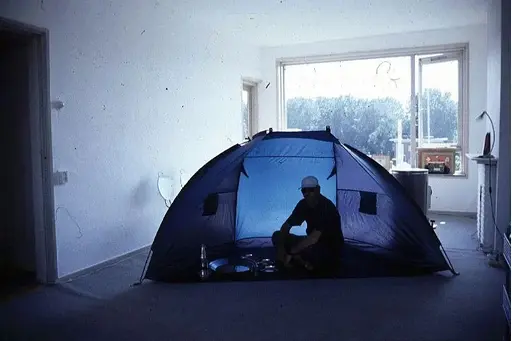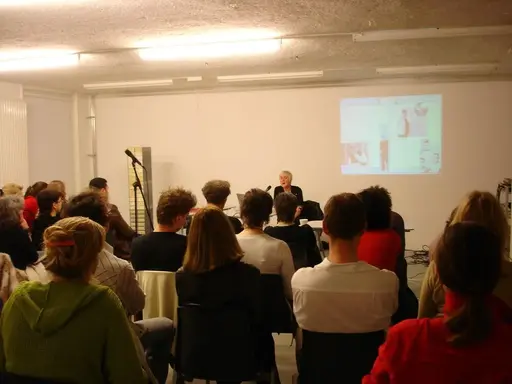Making Public

The convention in the context of the project Usufructuaries of earth is a two-day gathering that summons different practices of non-expropriative userships in relation to land, housing, social reproduction, agriculture, and knowledge.
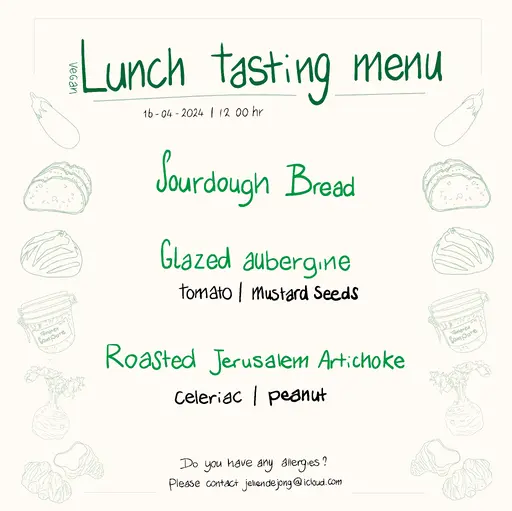
Cooking up an internal session and a BAK team lunch, around Zero Waste practices, Sustainability, Fermentation and accessible dining.
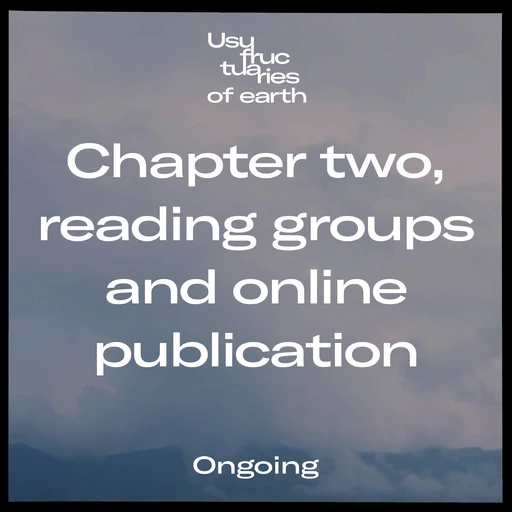
The reading groups are held in the lead-up to the convention to learn together histories and propositions of usufruct.
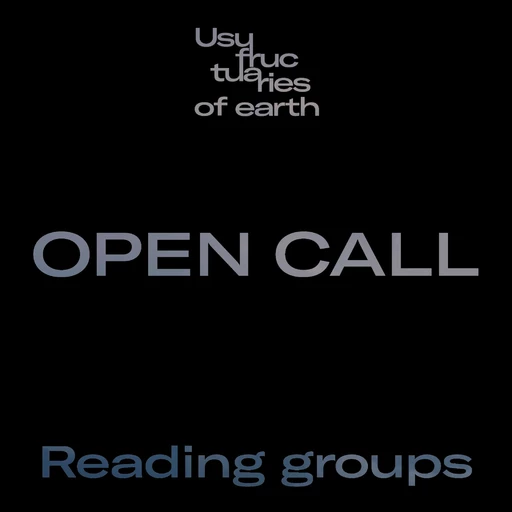
Open call for the Usufructuaries of earth reading groups: a federated structure of three reading groups in Rotterdam, Berlin and Amman.
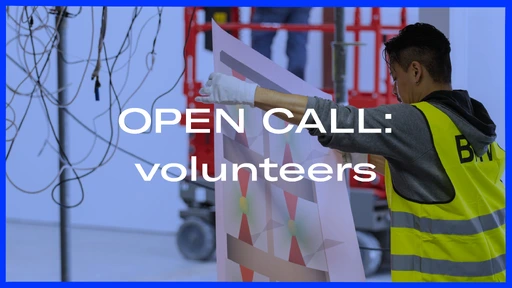
BAK, basis voor actuele kunst, Utrecht is looking for volunteers!
Usufructuaries of earth
A project in three chapters convened by BAK with artist Marwa Arsanios
Chapter two, reading groups and online publication Prospections
Usufructuaries of earth
A project in three chapters convened by BAK with artist Marwa Arsanios
Chapter two, reading groups and online publication Prospections
Usufructuaries of earth
A project in three chapters convened by BAK with artist Marwa Arsanios
Chapter two, reading groups and online publication Prospections
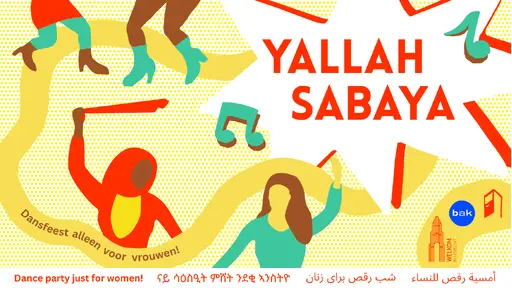
Join us on 8 March 2024 at BAK, Yallah Sabaya is happening again! All women of different cultural backgrounds are welcome to dance, chat, and connect with others also through movement and celebration.
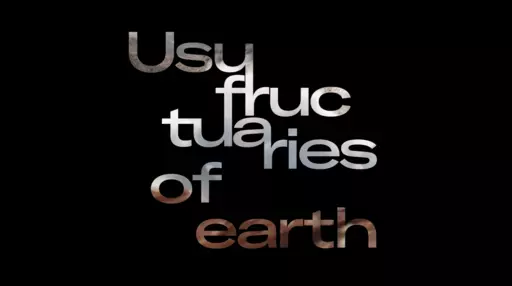
A project in three chapters: an exhibition by Marwa Arsanios (7 March–2 June 2024), reading groups and online publication (ongoing), and a convention (24–25 May 2024)
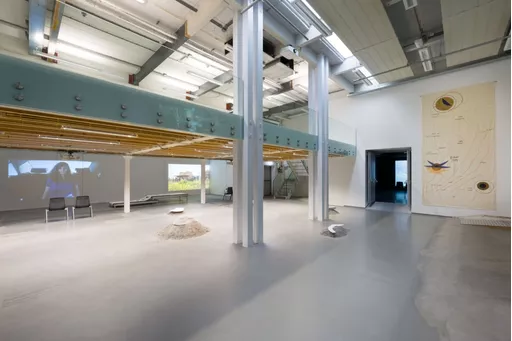
The exhibition foregrounds the artist’s collaborative approach to bringing together ecological, feminist, and decolonial knowledges and practices that put forward ideologies of shared usership.
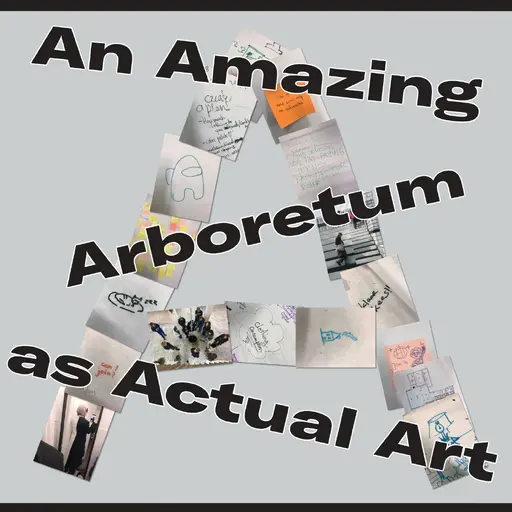
Bak Young Fellows Cohort 1, 2023 invites you into their forest – An Amazing Arboretum As Actual Art. Get to know the creatures of their forest, their yell for action, and join them with your voice.
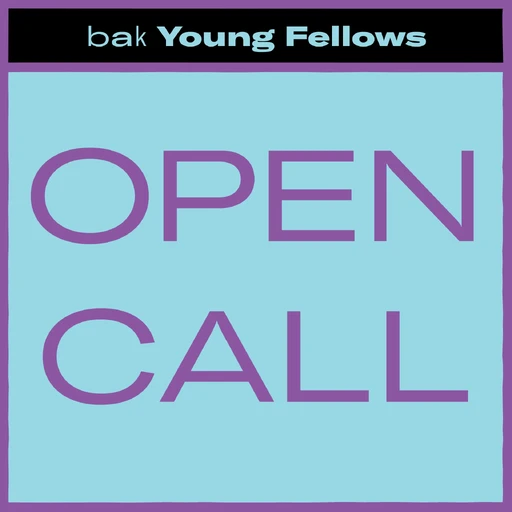
Bak Young Fellows offers space, time and resources for developing projects professionally. With a group of young people you will research, imagine, try out, and take action!
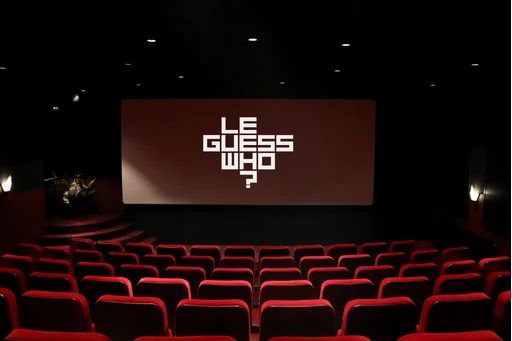
On Friday 10 November and Saturday 11 November 2023 BAK, basis actuele kunst, Utrecht hosts three talks that are part of the music festival Le Guess Who?. These talks fall under the COSMOS initiative, which has the goal of amplifying local music scenes from around the world. Together with these talks, BAK displays the works of about 170 secondary school students.
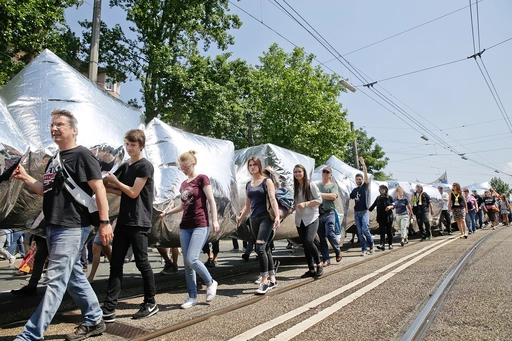
For Sint Maarten Parade 2023, Tools for Action—a non-profit organization that develops artistic interventions for political actions—collaborates with Utrecht-based members of Filipino, Caribbean, and other communities to collectively dream a parade compartment.
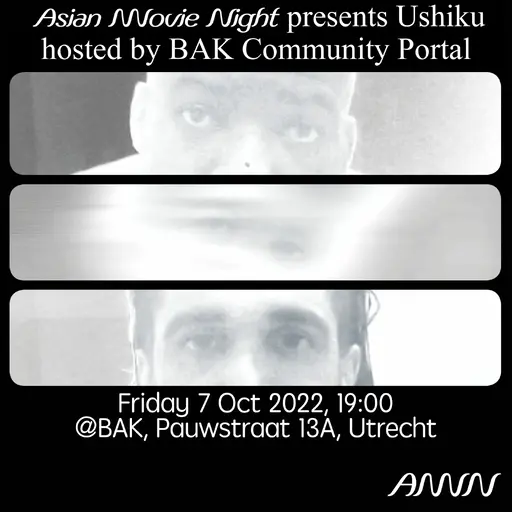
Screening followed by a panel discussion with the director and members from activist groups Migrante, SEHAQ and Papaya Kuir.
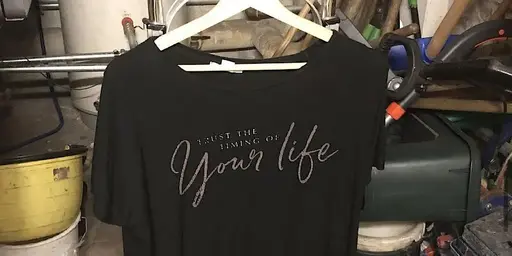
Watch the stream online (no registration required) viaeternalconferences.cargo.site
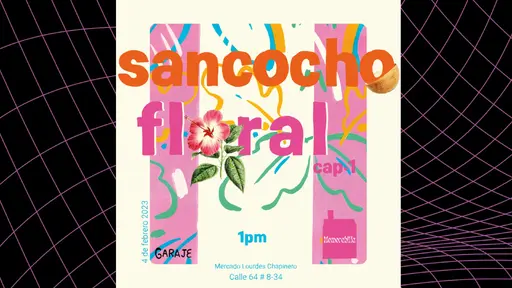
A series of field meals organized by Escuela de Garaje.
Part of the field work for Ultradependent Public School (01 April–27 May 2023).
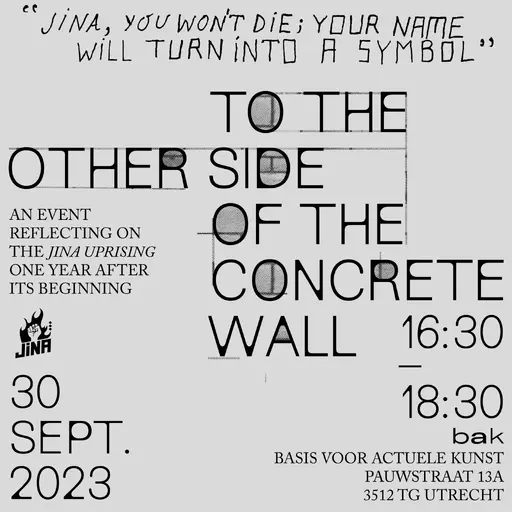
This event launches a book of translated essays, co-published with BAK, which include some of the first English translations of texts by journalists Elaheh Mohammadi and Niloofar Hamedi—imprisoned since September 2022 for their thorough reports on the murder and funeral of Jina.
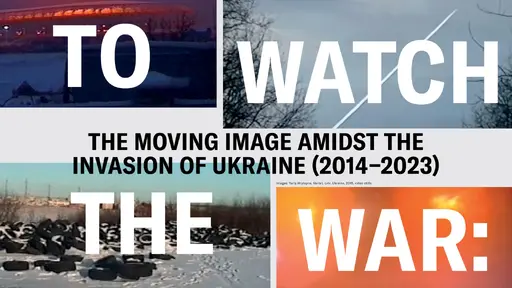
To Watch the War: The Moving Image Amidst the Invasion of Ukraine (2014–2023) is a moving image forum which takes place at BAK, basis voor actuele kunst, Utrecht from 9 September to 29 October 2023.
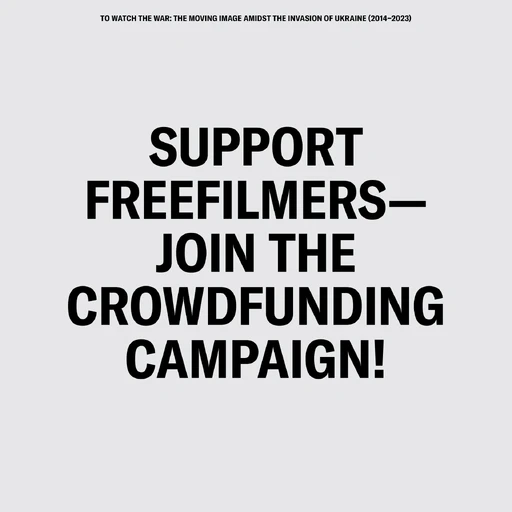
The project To Watch the War: The Moving Image Amidst the Invasion of Ukraine (2014–2023) and the project To Watch the War, In Solidarity are accompanied by a crowdfunding campaign in support of Freefilmers—some of its members are artists and activist filmmakers included in the exhibition and public program.
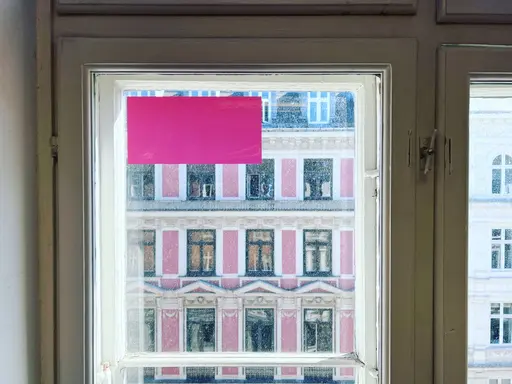
The Summer School Supervising Artistic and Practice-Based Research takes place at BAK, basis voor actuele kunst, Utrecht from 21 to 25 August 2023.
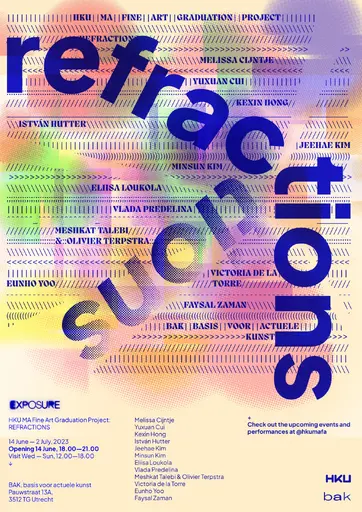
HKU University of the Arts Utrecht in partnership with host, BAK, basis voor actuele kunst present Refractions, the graduation exhibition of the 2022—2023 MA Fine Art class.
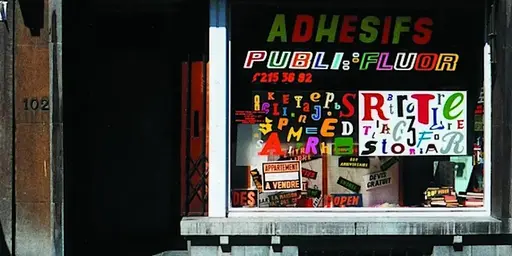
Resharpening Blobby by Publifluor (David Le Simple, Femke Snelting, Ludivine Loiseau, Nathan Izbicki, Olivier Bertrand, Pierre Huyghebaert, and Sophie Boiron)
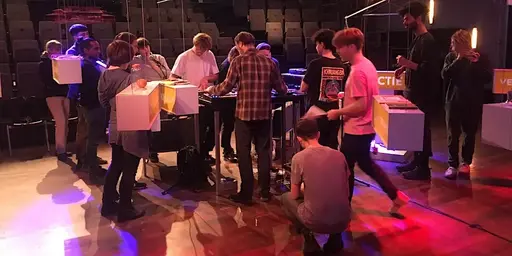
Why stream? Archive? Did online radio become a marketing tool? Boring? Collective? Ego? How can we truly support one another? Does this all still make sense?
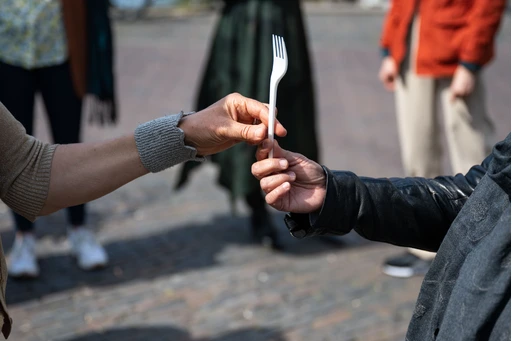
Opening: 19 May 2023, 12.00 hrs. This three-day gathering explores the space that opens between language justice and ultratranslation. It brings together friends, academics, activists, language workers, social justice workers, and cultural workers—individuals and collectives—from here and elsewhere.
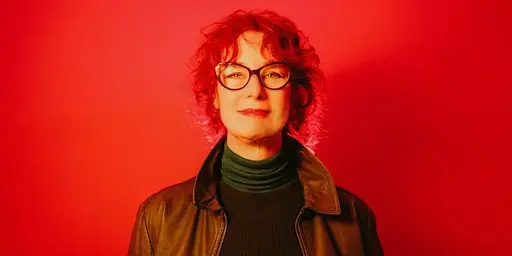
Friction occurs as the lived experience of exclusion and the intention of access making collide. Asking questions can be a way to instrumentalize friction: How are artists complicit to allowing disability access to be wielded as one of the masters’ tools? When does an access policy without a collective practice turn into access washing?
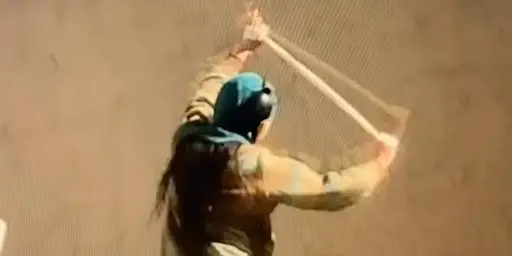
In this dance training, the people will use a one-minute film of their own movement as material for a booklet—a sixteen page signature—that distributes their presence, their gesture, as an act of EQ.
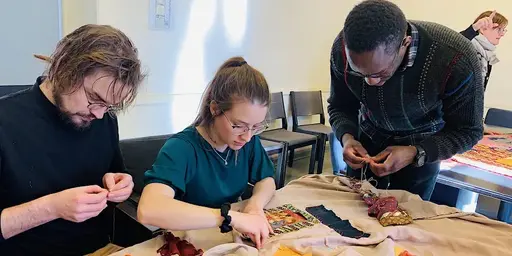
Can complaint making be a recording device? Feminism is a word a lot of us use, answer to, and try to define, but how do we do feminism? Can we think of feminist futurism with ease?
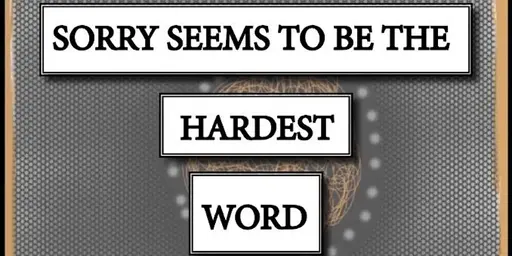
A bad apology can ruin a friendship, destroy a community, or end a career. In this workshop, we will investigate the impact of apologies on our relationships and our worlds.
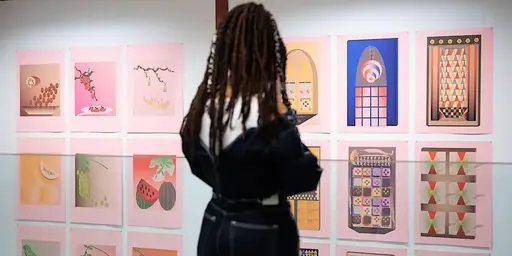
In this rare masterclass, retired teacher and artist Glenda Martinus teaches participants a thing or two about painting with Microsoft Word.
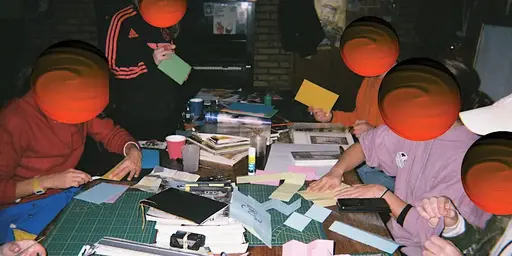
During this weekend, we reiterate, expand, and scale up skill-shares and workshops encountered during our field work sessions from October 2022–February 2023.
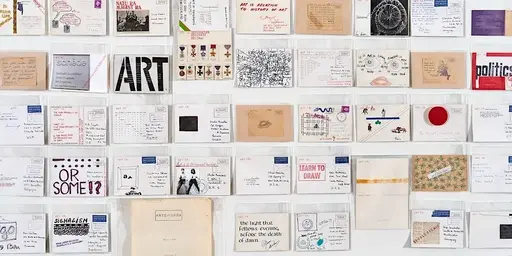
In simplest terms, Ulises is a bookshop and project space dedicated to artists’ books and independent art publications. In truest terms, Ulises is a collection of musings, longings, and assorted activities brought together by a group of friends.
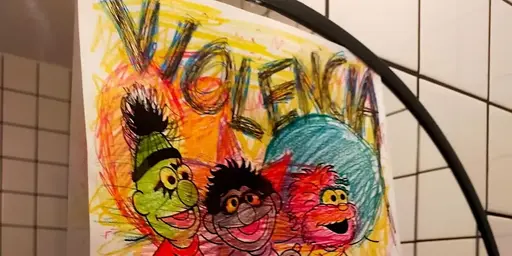
Violencia Fantasía is an investigation that explores the relationship between desire and the subtle ways in which violence is accommodated in the world we live in. By subtle, we mean those forms of violence that arise from representations, embellished to the point of fantasy, in a society obsessed with producing unimprovable images of itself.
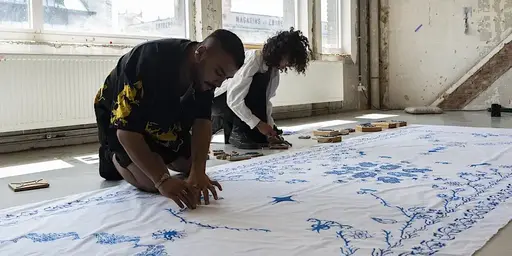
During this training, we will look into the ancient crafts and symbols of tapestries as well as woodblocks of different geographies.
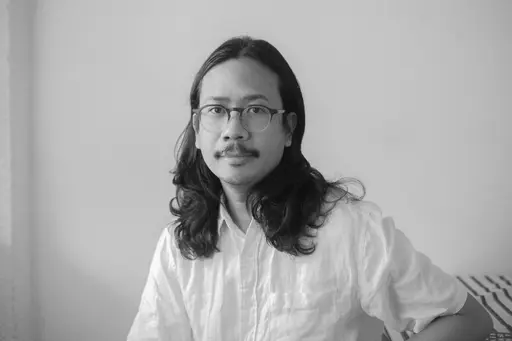
Czar activates his learning object, To Destroy Is To Build (2019-2023), with an ongoing inquiry after monuments that bend to the passage of time.
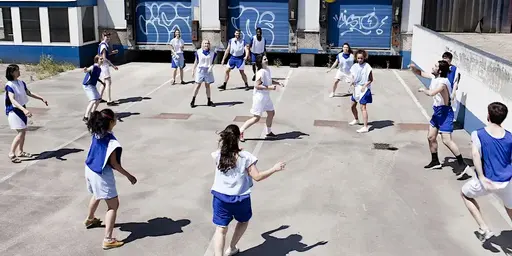
Shapeshifting Sports Camp proposes an inclusive physical education program for schools. It features a series of collective exercises and alternative team sport games to promote empathy and social inclusion.
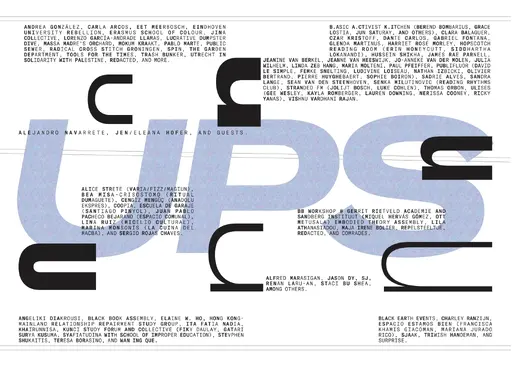
Ultradependent Public School unfolds as the public negotiation of a curriculum to learn what we really need to enact the worlds we really want. UPS is co-convened with an extended faculty of students, educators, and practitioners.
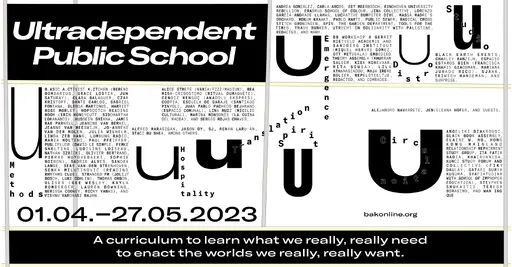
For the months of April and May 2023, Ultradependent Public School (UPS) will transform BAK, basis voor actuele kunst, into a schoolhouse featuring many trainings and other curricular activities. Below you can find an overview of all the upcoming events.
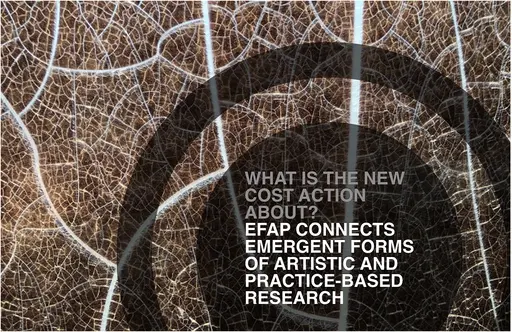
Interested practitioners and scholars from across disciplines are invited to join Zone Collective for a weekend of character development workshops devised within the "Zoning Play Complex", a diverse series of projects undertaken as part of the collective’s long-term research toward the development of "A Neighbourhood Zoning Play".
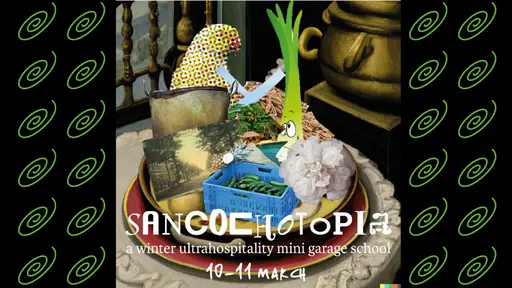
Two days of workshops and conversations organized by Escuela de Garaje.
Part of the field work for Ultradependent Public School (01 April–27 May 2023).
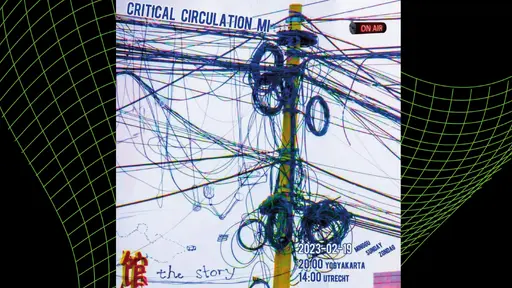
A stop in the travel itineraries of Wan Ing Que and Elaine W. Ho.
Part of the field work for Ultradependent Public School (01 April–27 May 2023).
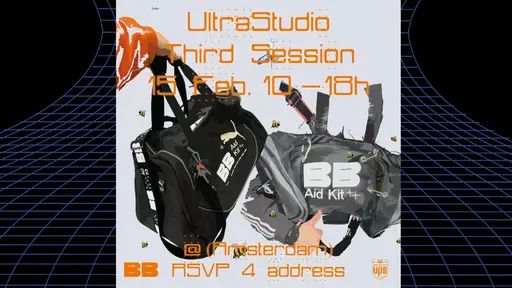
Community Portal presents… A series of practical publishing workshops organized by the Bookbinding Studio of Sandberg Instituut/Rietveld Academy and Lila Athanasiadou. This workshop is part of a more extensive series of components assembling the fieldwork for Ultradependent Public School.
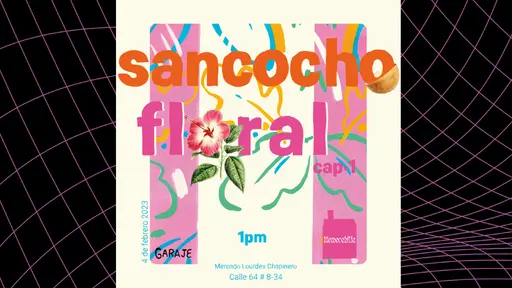
Community Portal Presents...A series of field meals organized by Escuela de Garaje. As part of the field work for Ultradependent Public School (01 April–27 May 2023).
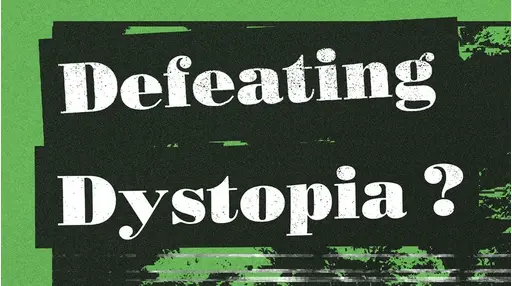
The fourteenth edition of the yearly 2.Dh5 festival has the theme “Defeating Dystopia?” The festival is focused on grass-roots campaigns, tactics and methods geared towards a society based on freedom and solidarity.
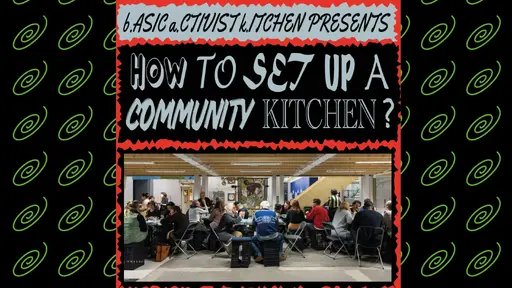
A workshop facilitated by Berend Bombarius.
Public scoby from the b.a.k. Community Portal.
Kindly hosted at De Voorkamer.
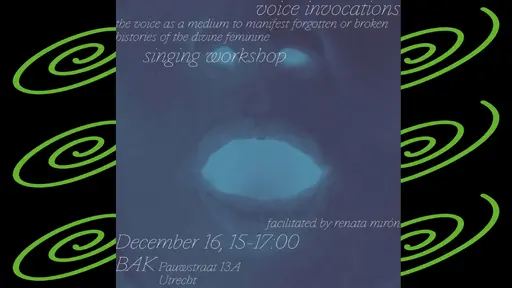
A workshop by Renata Mirón Granados.
Part of a series of developed within their residency at De Voorkamer.
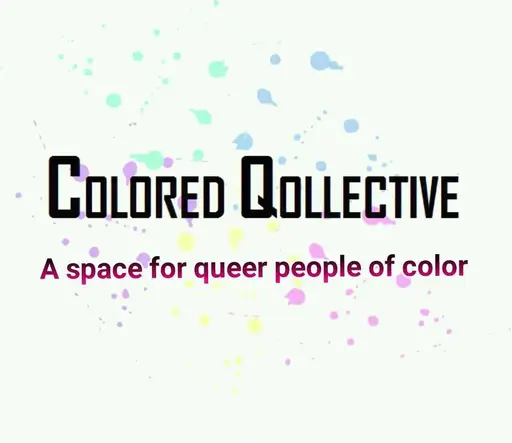
On Thursday, November 24th, 2022, Colored Qollective in collaboration with POCQunity host their third annual symposium, this time focusing on the mental health of queer people of color. The theme of the symposium is Communal Care & Healing.
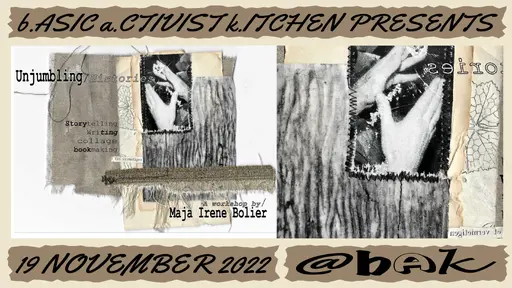
An activity by artist and write Maja Irene Bolier.
A one-day workshop on storytelling, collage, and bookmaking.
A space for empathy, learning, and understanding.
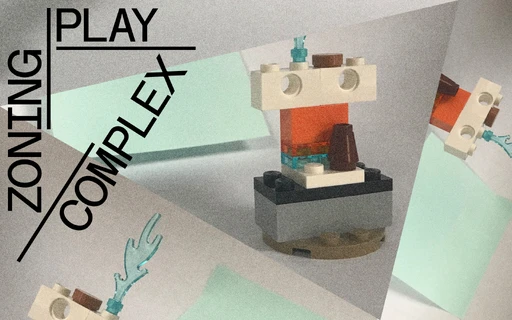
Interested practitioners and scholars from across disciplines are invited to join Zone Collective for a weekend of character development workshops devised within the Zoning Play Complex, a diverse series of projects (ranging from the theater workshop to printed matter material) undertaken in their long-term research toward A Neighborhood Zoning Play.
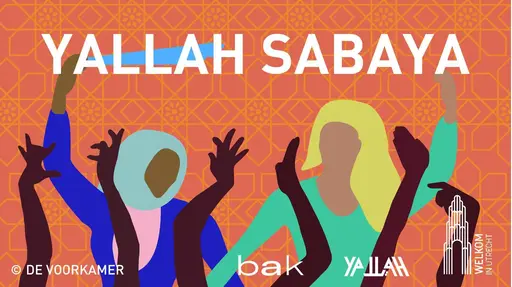
Yallah Sabaya is an evening where dance and music connect women from different backgrounds. The purpose is to connect through movement, rather than verbal communication, in a safe and welcoming environment.
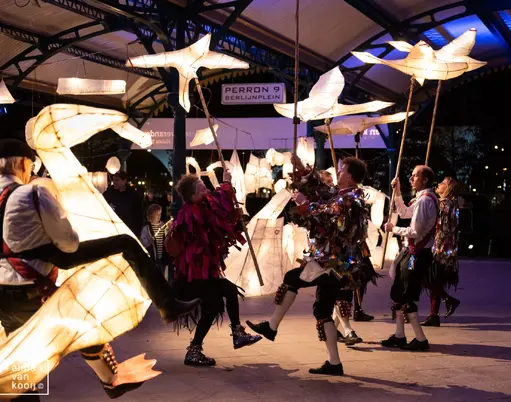
BAK Community Portal presents a series of public workshops to create a moving sculpture as part of the Sint Maarten (Saint Martin) parade in Utrecht.
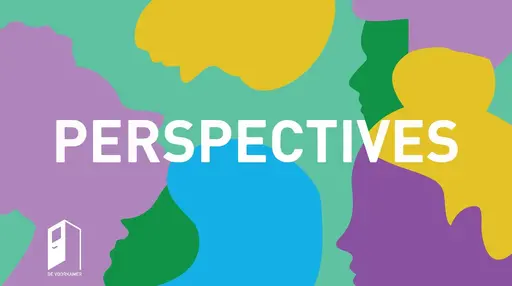
Perspectives is a program by De Voorkamer to foster inclusivity and acceptance by creating a safe space for people of all backgrounds to engage in dialogue, share opinions, and develop ideas around topical issues that affect everyone.
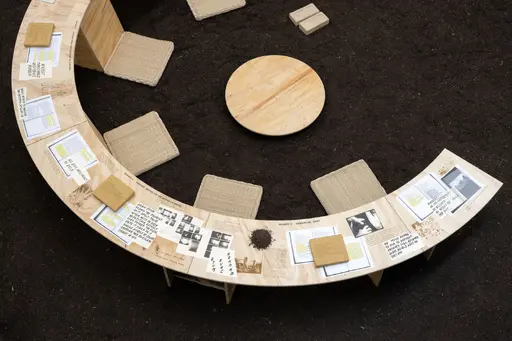
The Hauntologists is a project emerging through experimentation and collective research within the 2021/2022 BAK Fellowship for Situated Practice. Engaging spectrality as a tactic to investigate and redress the conditions of brokenness of the world.
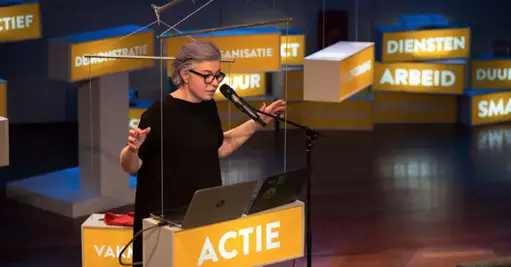
BAK, basis voor actuele kunst, Utrecht invites you to join the fall 2022 BAK Studies with three online modules: "Navigating Art, Knowledge, and Social Action", "Former West (In the Imperialist Refrain)" and "Toward the Not-Yet: Art as Public Practice".
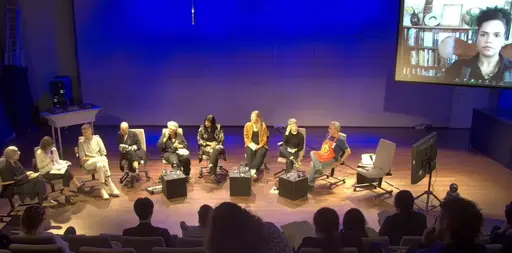
If you missed the closing symposium of the exhibition No Linear Fucking Time or want to rewatch your favorite panels – now you can! The first two videos have already been uploaded on YouTube.
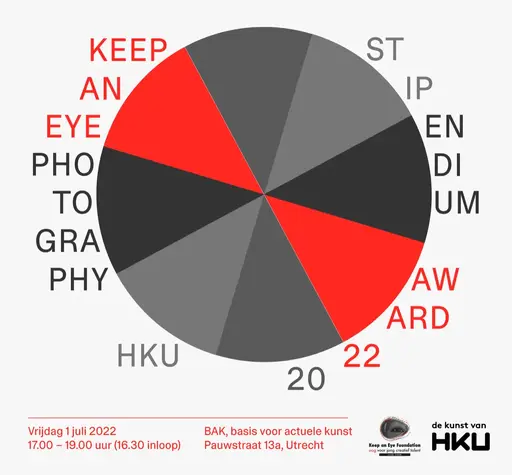
The award ceremony of the Keep an Eye Photography Stipends takes place on 1 July 2022, during the graduation festival Exposure. The same evening, BAK, basis voor actuele kunst, hosts the opening of the graduation exhibition UPSCALING/DOWNSIZING.
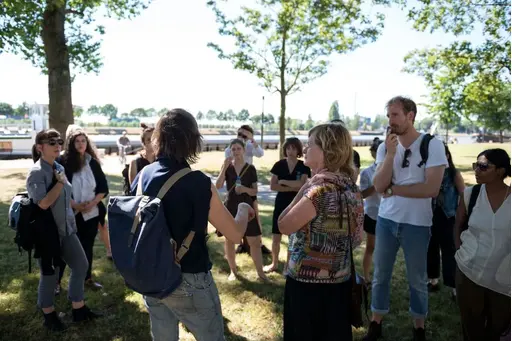
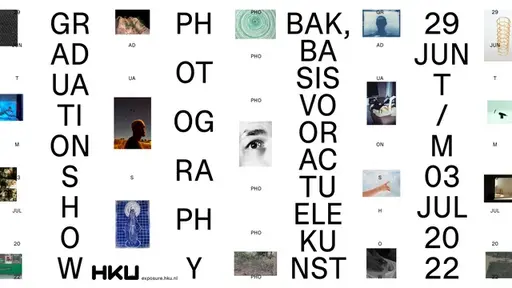
How are we connected to the complexity of the world and all the choices we make in it? How do we find our way in a fragmented reality, and where are we still able to meet each other? What are the most relevant questions of our time, and how (and to whom) do we look for answers?
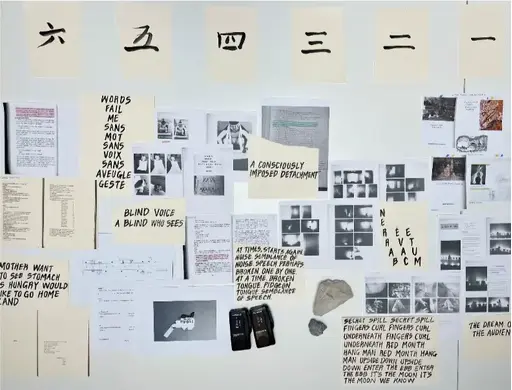
BAK, basis voor actuele kunst, Utrecht, launches an open call for participation in the weekly study group In Between Seances. This collective study is based on the groundbreaking work Dictee (1982) by artist and writer Theresa Hak Kyung Cha (1951–1982) and is developed by artist and BAK 2021/2022 Fellow Yen Noh.
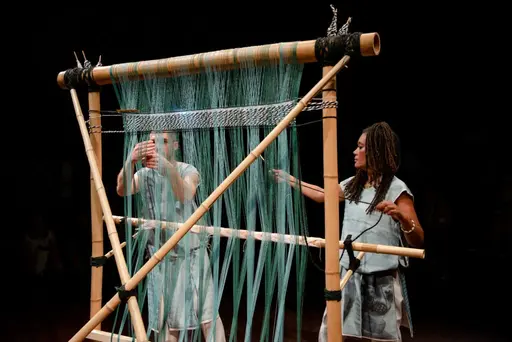
BAK, basis voor actuele kunst in Utrecht proudly presents Propositions #8: I Wanna Be Adored (the Non-Fascist Remix), an evening program of performance, music, installations, hosted space, dancing, bites, and celebration with the BAK 2018/2019 Research Fellows.
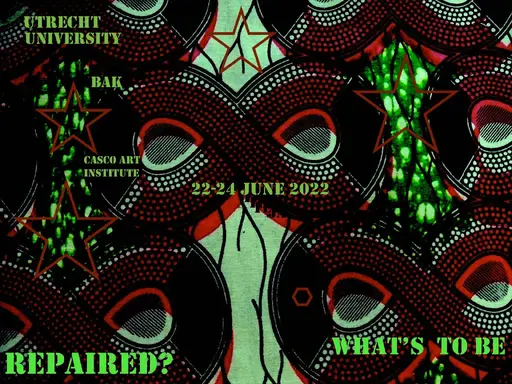
In his film The Object’s Interlacing (2020), Kader Attia dialogues with different practitioners on the subject of restitution of African cultural artefacts that were violently displaced into western ownership during the era of historical colonialisms.
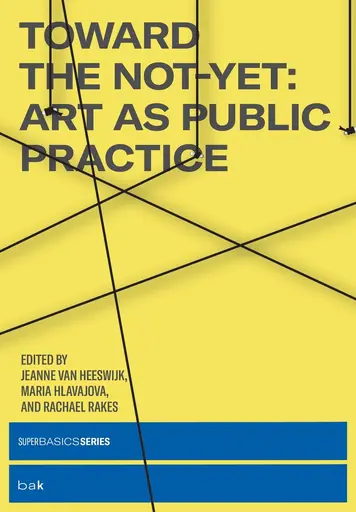
The new publication Toward the Not-Yet: Art as Public Practice combines a handbook, dictionary, and anthology, and gathers artistic and cultural practices that are propositional, collective, and yearning for a just life-in-common through the chronopolitics of the “not-yet.”
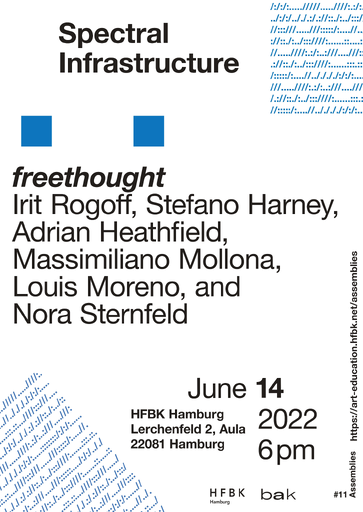
As part of the Spectral Infrastructure long-term research trajectory by BAK, basis voor actuele kunst, Utrecht and the freethought collective, a Public Editorial Meeting (PEM) is held in Hamburg.
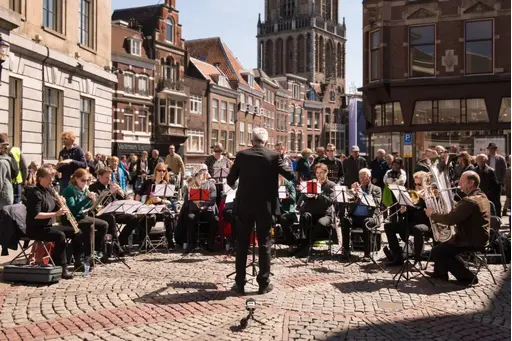
Art Utrecht organizes an Open Weekend, with a presentation by various Utrecht-based art institutions in the former bookstore Broese, Oudegracht 169, Utrecht. Art Utrecht is a platform and network of Utrecht visual art institutions in Utrecht.
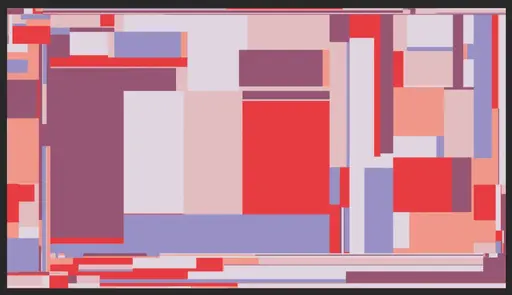
The latest issue of Kunstlicht, an academic journal for art, visual culture, and architecture, is launched at BAK, basis voor actuele kunst on Friday 10 June 2022.
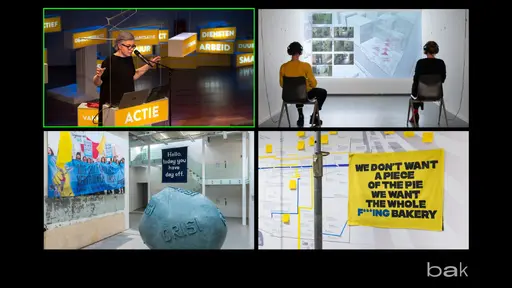
BAK Public Studies offers the new online course Art as Politics. This digital extension of BAK Public Studies is prompted by the urgency to continue collective thinking through, learning about, and imagining critical, politically-informed artistic practices that grasp—and intervene into—the present.
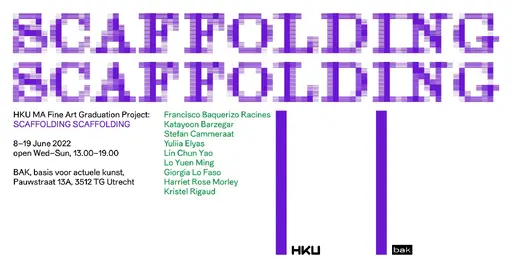
Scaffolding Scaffolding, the graduation exhibition of the 2020−2022 MA Fine Art class of HKU University of the Arts Utrecht, is organized under the curatorial guidance of Rachael Rakes at BAK, basis voor actuele kunst, Utrecht.
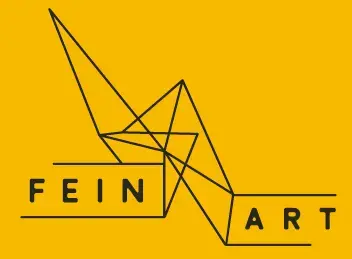
BAK, basis voor actuele kunst, Utrecht, is proud to announce its partnership in the European FEINART network. FEINART (The Future of European Independent Art Spaces in a Period of Socially Engaged Art) is an ambitious training network.
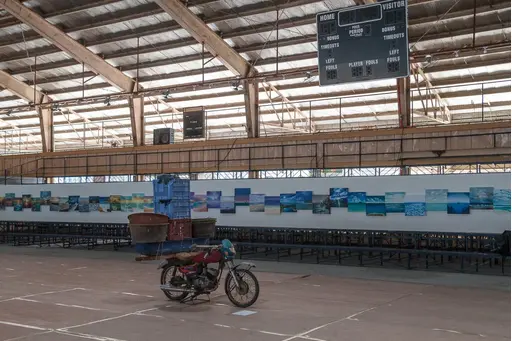
To Hold Things Together is a two-day symposium focusing on modes of social and institutional nodality and protocols of encounter and solidarity in our hyper-local and hyper-dispersed existence.
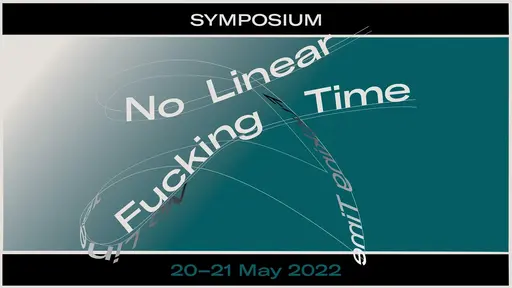
BAK, basis voor actuele kunst, Utrecht proudly presents Symposium: No Linear Fucking Time. Coinciding with the exhibition closing of No Linear Fucking Time, this two-day symposium, taking place on-site at BAK and online, gathers several methods of thinking and practice geared toward equitable and sustainable socio-temporal models.
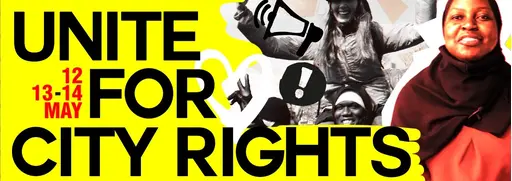
Undocumented people face many challenges in accessing basic and human rights in European cities. Since 2019, a network of grassroots, migrant-led initiatives and organizations, and cultural institutions have collaborated to co-create a toolkit for inclusive cities.
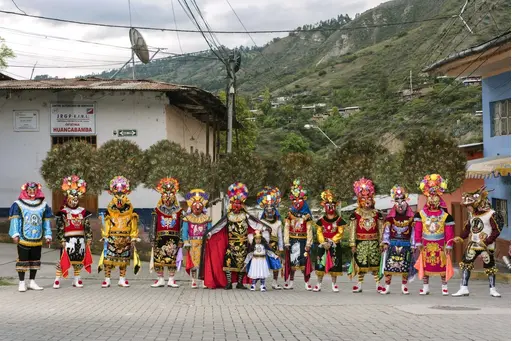
As part of the series of gatherings in the context of No Linear Fucking Time, Ecos y Presagios (Echoes and Presages) features film and video works by artists focusing on Andean territory and landscape as a force of history, tradition, cosmology, and politics.
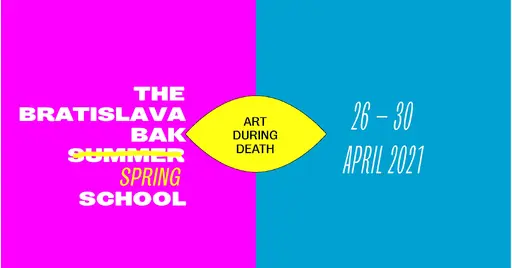
The 2021 Bratislava BAK Summer (Spring) School, titled Art During Death, is a five-part series of podcasts, audio artworks, lectures, and radio plays from artists, theorists, and other cultural practitioners.
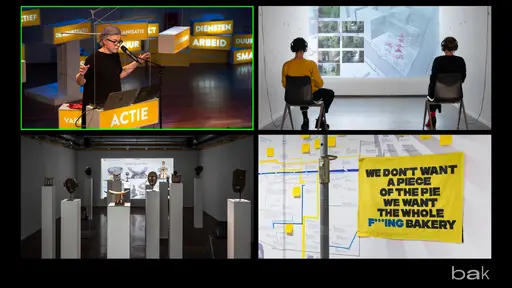
BAK, basis voor actuele kunst, organizes this edition of the course Art as Politics in solidarity with the Ukrainian people. All proceeds of this fundraiser are to be donated to the Visual Culture Research Center, who are providing structural help to cultural workers affected by the war.
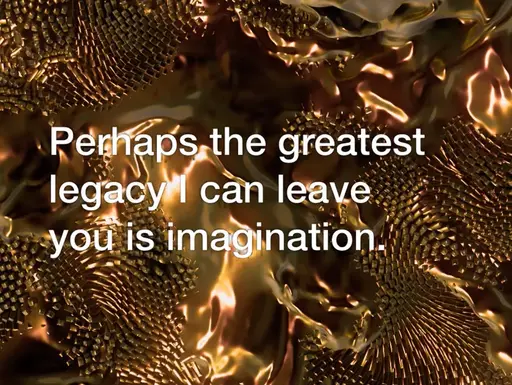
As a part of the exhibition Tony Cokes: To Live as Equals, the artist presents a three-day workshop investigating critical themes that circulate through his work, and various intersections with and applications of forms of the theoretical.
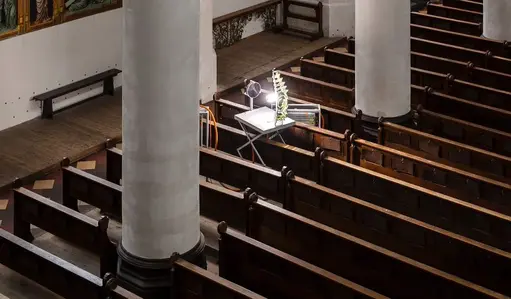
Ray, a new installation by Amsterdam-based visual artist Vibeke Mascini, can be seen at St. Catherine’s Cathedral, Utrecht, until 22 May 2022. The work is commissioned by BAK, basis voor actuele kunst, Utrecht, as part of the project No Linear Fucking Time and is realized in collaboration with Museum Catharijneconvent, Utrecht.
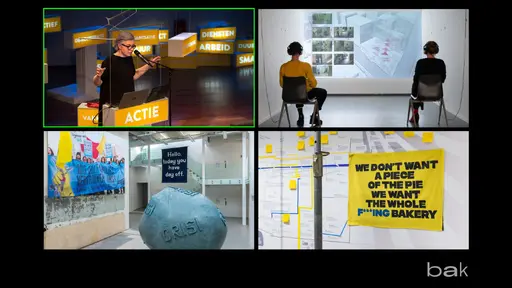
Art as Politics is a digital extension of BAK Public Studies, prompted by the urgency to continue collective thinking through, learning about, and imagining critical, politically-informed artistic practices that grasp—and intervene into—the present.
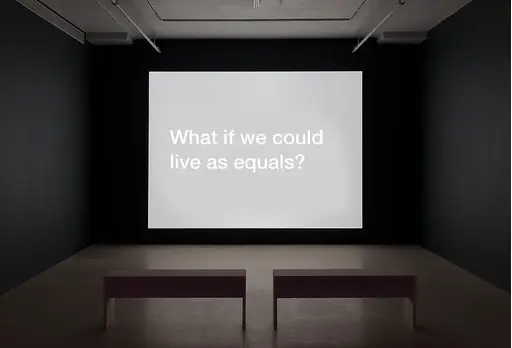
Tony Cokes: To Live as Equals brings together selected video works from the past 30 years, tracing Cokes’s unique formation of critique through visual and textual codes, and his changing relationship to archival material over several different global historical moments.
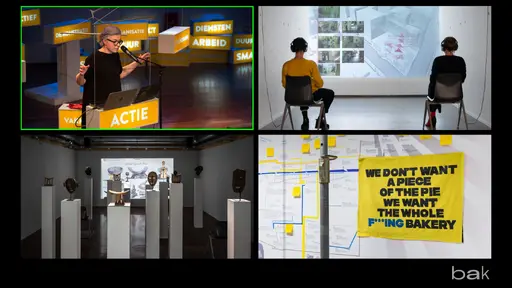
Art as Politics, a digital extension of BAK Studies (formerly called BAK Public Studies), is prompted by the urgency to engage in collective thinking through, learning about, and imagining critical, politically-informed artistic practices that grasp—and intervene into—the present.
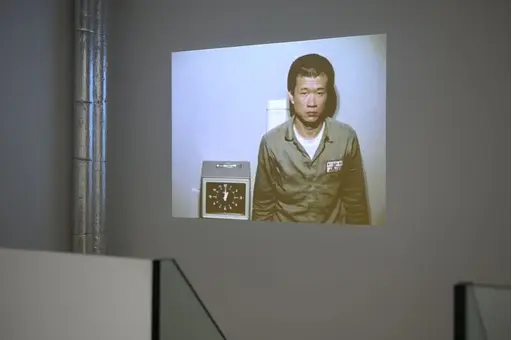
Join BAK, basis voor actuele kunst, Utrecht online on 20 January 2022 for a conversation with performance artist Tehching Hsieh, currently taking part in BAK’s project No Linear Fucking Time, writer Amelia Groom, and writer and curator Adrian Heathfield. The conversation takes Hsieh’s work as a starting point in addressing performative time, labor time, gaps, and rhythms of endurance, among other things.
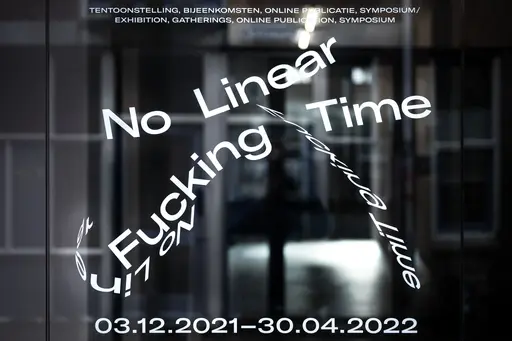
No Linear Fucking Time* is an exhibition with gatherings, an online publication, and a symposium that unsettle dominant temporalities and model alternate forms of livable time.
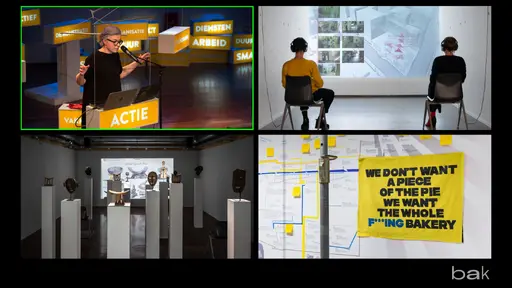
Art as Politics, a digital extension of BAK Public Studies, is prompted by the urgency to engage in collective thinking through, learning about, and imagining critical, politically-informed artistic practices that grasp—and intervene into—the present.
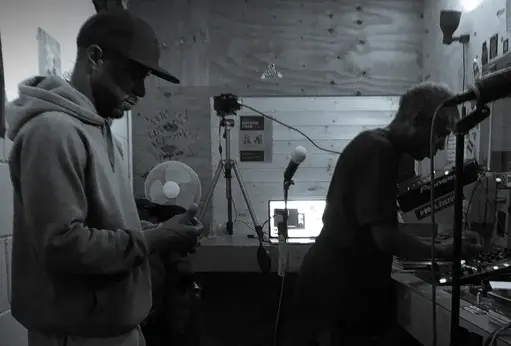
Day two as part of the two day program Music as Spectral Infrastructure, part of Le Guess Who? 2021, considers the sound system as a form of spectral infrastructure, and how anti-colonial resistance to racial capitalism was channeled through sound system music such as dub, house, techno, and jungle.
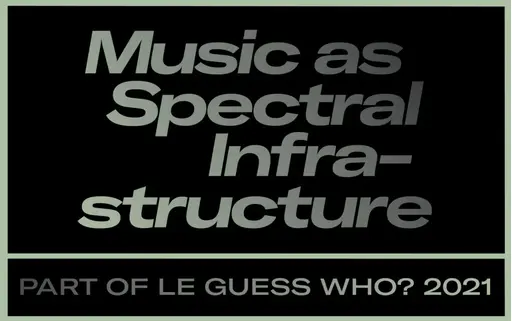
BAK, basis voor actuele kunst, Utrecht proudly presents Music as Spectral Infrastructure, a two-day program of discussions, sound works, film screenings, and DJ sets organized in the framework of the festival Le Guess Who? 2021 in Utrecht.
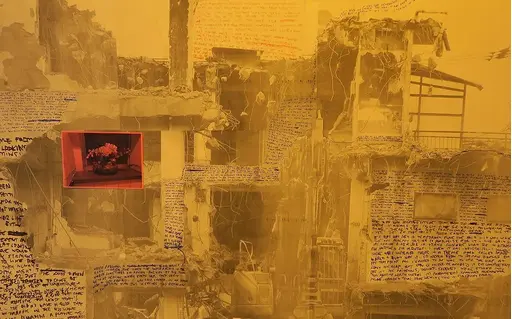
Day one as part of the two-day program Music as Spectral Infrastructure, part of Le Guess Who? 2021, reflects on the present and historical state of electronic music, looking at how it registers traces and resistances to the corporate and statist drives while structuring collective musical and sonic desire.
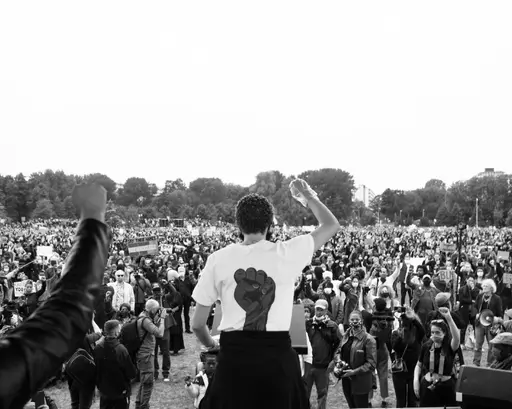
On the Road to Black Emancipation brings together artists, writers, and other cultural workers who engage with Black Manifesto—a living document with advice and demands from and for the Netherlands’s Black communities on tackling racism and inequality.
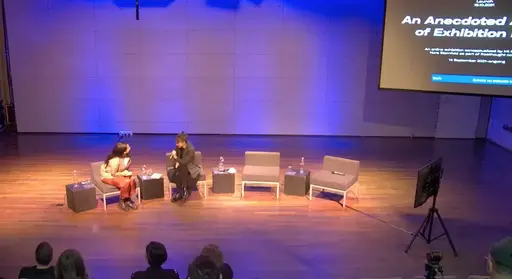
On 16 October 2021 BAK, basis voor actuele kunst, Utrecht presents the launch of An Anecdoted Archive of Exhibition Lives (14 September 2021–ongoing), an online exhibition conceptualized by Irit Rogoff and Nora Sternfeld for freethought collective.
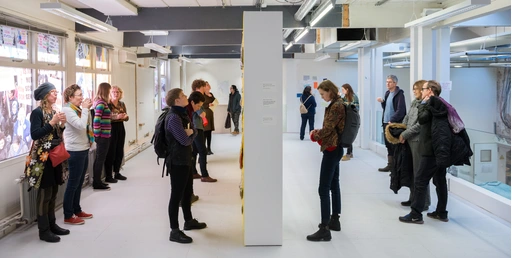
Art as Politics, a digital extension of BAK Public Studies, is prompted by the urgency to engage in collective thinking through, learning about, and imagining critical, politically-informed artistic practices that grasp—and intervene into—the present.
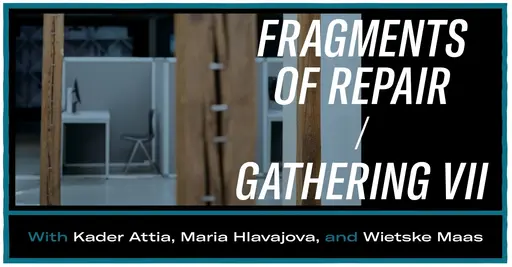
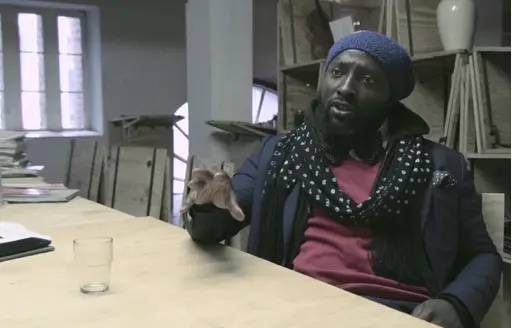
BAK, basis voor actuele kunst, Utrecht presents An Anecdoted Archive of Exhibition Lives, an online exhibition conceptualized by Irit Rogoff and Nora Sternfeld for freethought collective.
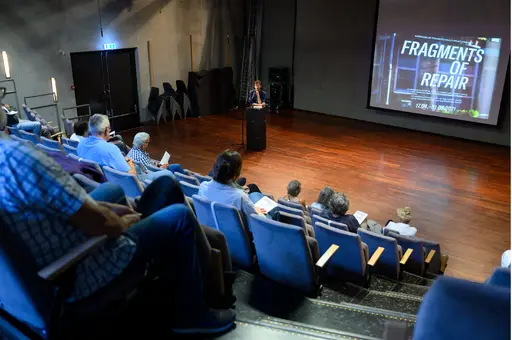
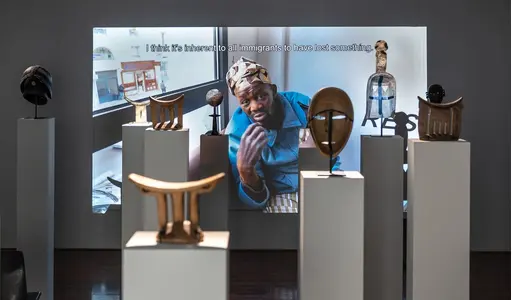
Speciaal voor Museumkaarthouders: een exclusieve inleiding op Fragments of Repair/Kader Attia, de eerste uitgebreide tentoonstelling van kunstenaar Kader Attia in Nederland.
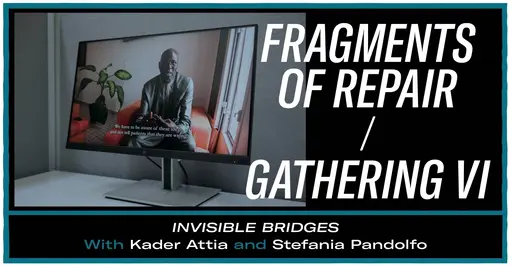
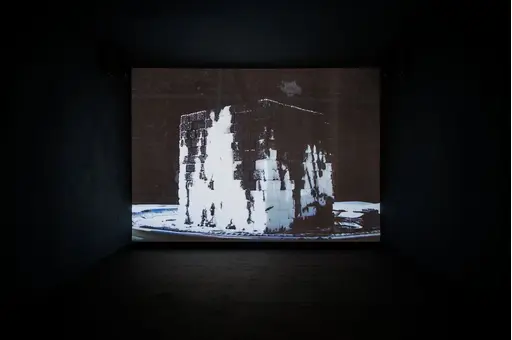
From 15 July until 15 August 2021 the work Oil and Sugar #2 (2007) by Kader Attia is on view at De Voorkamer, as part of Fragments of Repair/Kader Attia!
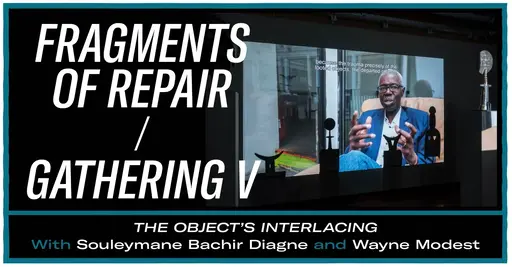
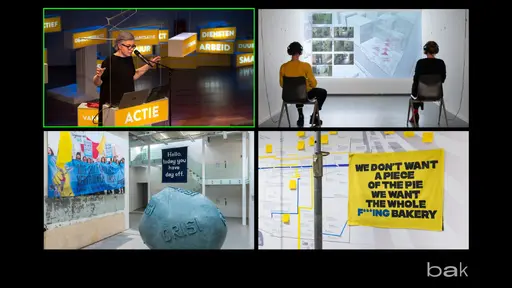
Art as Politics, a digital extension of BAK Public Studies, is prompted by the urgency to engage in collective thinking through, learning about, and imagining critical, politically-informed artistic practices that grasp—and intervene into—the present.
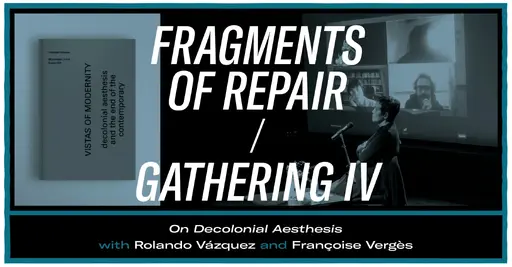
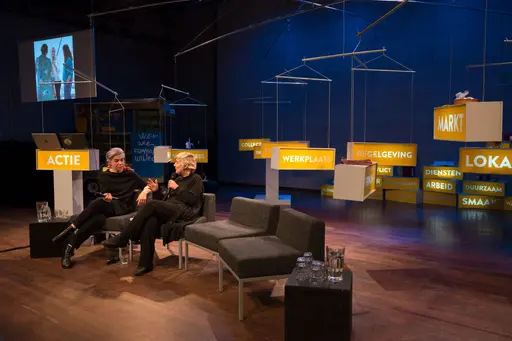
As part of the FEINART Lecture Series, BAK’s general and artistic director Maria Hlavajova presents an online lecture on 3 June 2021, From Art Institution to Community Portal.
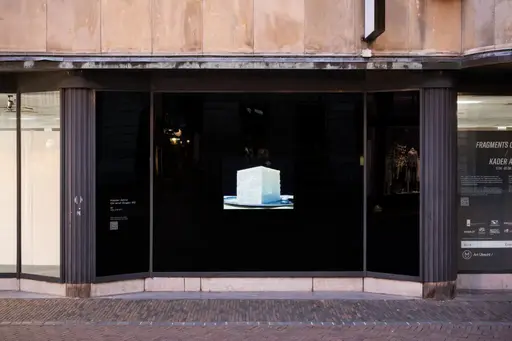
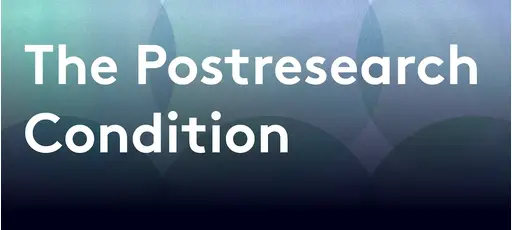
The annual EARN Conference was held at BAK, basis voor actuele kunst in Utrecht from 26–30 January 2021.
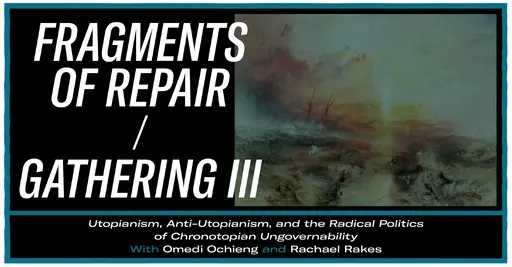
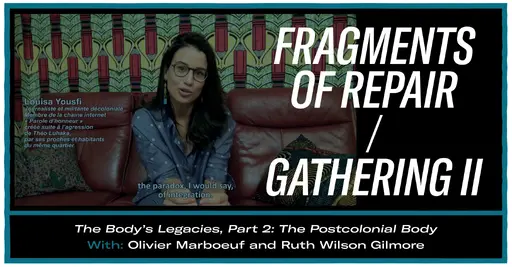
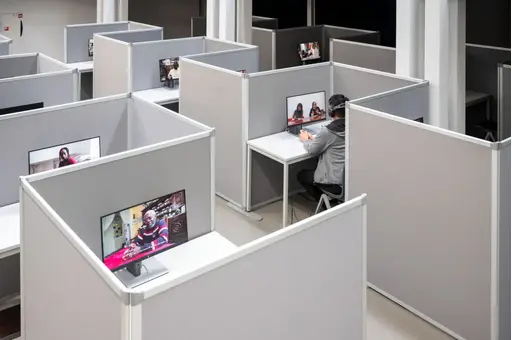
BAK, basis voor actuele kunst, Utrecht proudly presents Fragments of Repair, a multi-part project consisting of an exhibition, collective study program, and series of gatherings, co-convened with artist Kader Attia and decolonial forum, Paris.
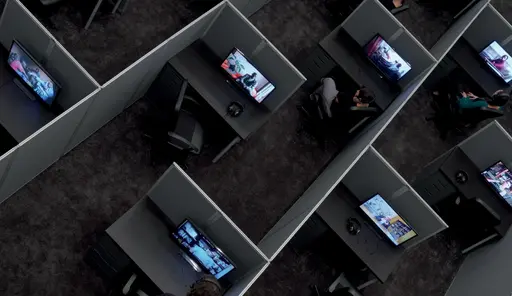
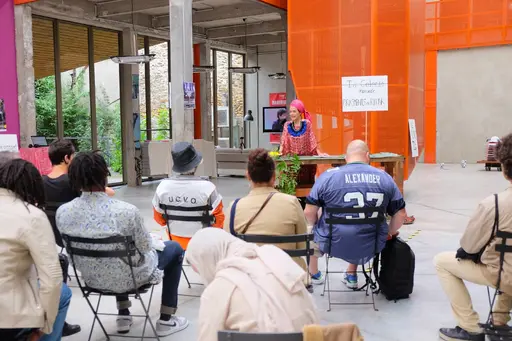
A collective study program realized in the framework of the multi-part project Fragments of Repair (17 April–1 August 2021), convened by BAK, basis voor actuele kunst, Utrecht with artist Kader Attia and La Colonie, Paris and hosted by La Dynamo de Banlieues Bleues, 9 Rue Gabrielle Josserand, 93500 Pantin, Paris.
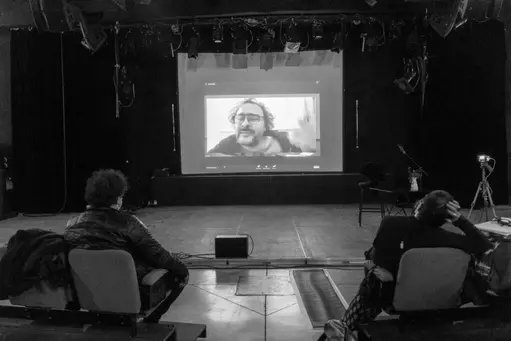
Fragments of Repair/Gatherings involves an online/offline series of lectures, conversations, screenings, and assembly forums convened by BAK around the theory and practice of repair, that takes place in the framework of the multi-part project Fragments of Repair.
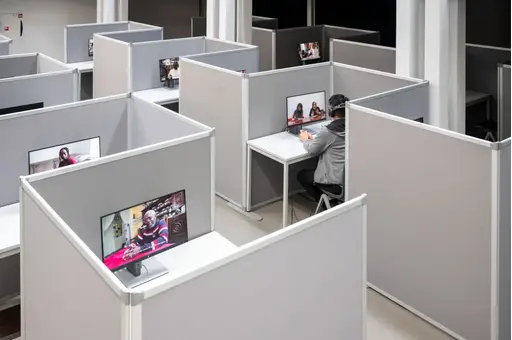
Fragments of Repair/Kader Attia, one part of the multi-part project Fragments of Repair, is the first comprehensive exhibition of Attia’s work in the Netherlands, on view at BAK, basis voor actuele kunst, Utrecht.
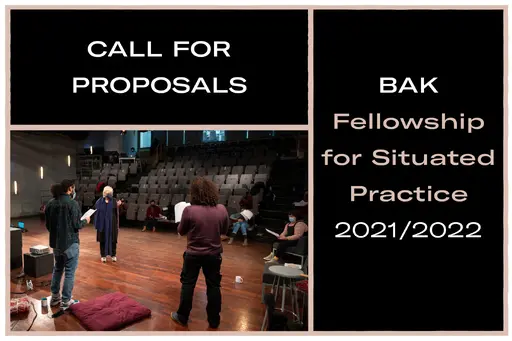
The BAK post-academic research Fellowship for Situated Practice is now open for applications from Netherlands-based practitioners working at the intersections of art, theory, and social action.
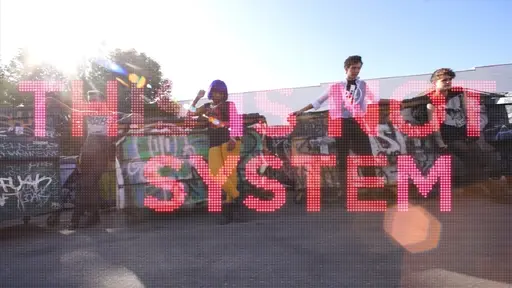
This four-day online conference articulates the current situation of artistic research. After an omnipresent “Research Decade,” the concept of artistic research currently seems to be in need of a recharge.
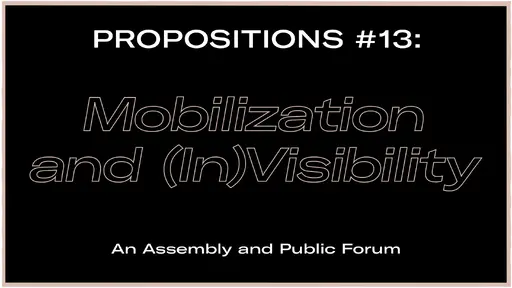
An online assembly and public forum aligning with the planned closing days of exhibition Tony Cokes: To Live as Equals (which has prematurely closed due to the Covid-19 lockdown measures in the Netherlands) and the ongoing “How to Assemble Now”.
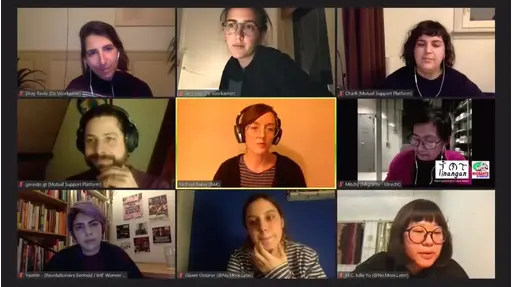
This locally-focused second edition of Practicing Tactical Solidarities: A Roundtable on Mutual Aid, Emergency, and Continuous Care features artists, organizers, and activists working in Utrecht, many of whom are current BAK Fellows.
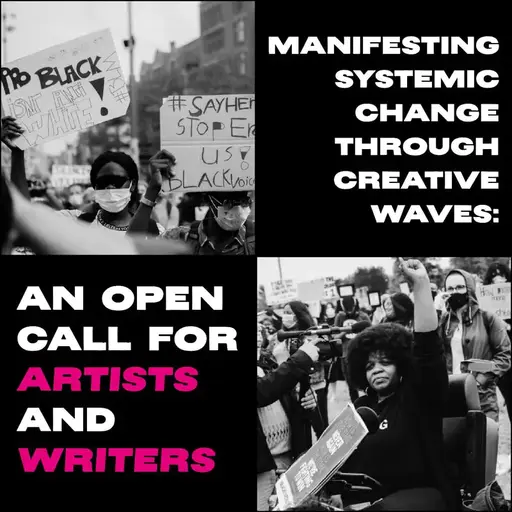
A collaborative open call by Stichting Nederland Wordt Beter, The Black Archives/New Urban Collective, Black Queer & Trans Resistance NL, Kick Out Zwarte Piet (KOZP) and BAK, basis voor actuele kunst, Utrecht, for artists and writers to manifest the Manifesting Systemic Change Through Creative Waves manifesto.
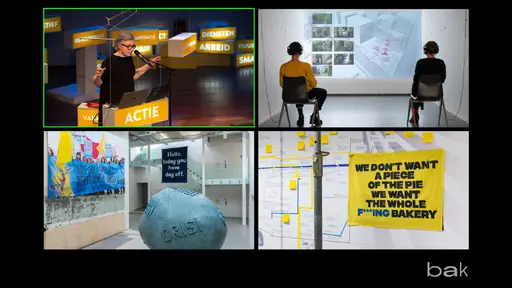
The online course Art as Politics, a digital extension of BAK Public Studies, is prompted by the urgency to continue collective thinking through, learning about, and imagining critical, politically-informed artistic practices that grasp—and intervene into—the present.
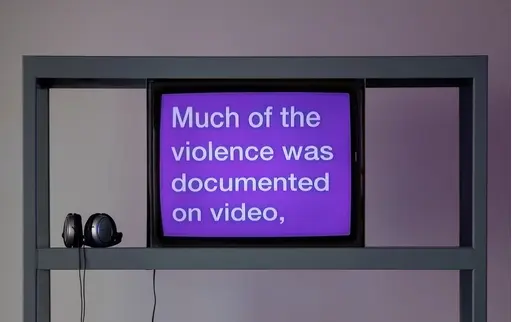
As a part of the exhibition Tony Cokes: To Live as Equals, the artist presents a two-day online workshop investigating critical themes that circulate through his work, and various intersections with and applications of forms of the theoretical.
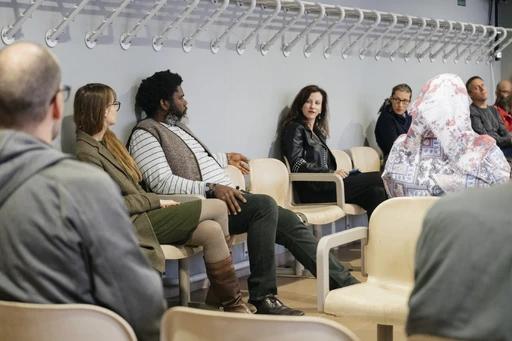
On Saturday 17 October 2020, BAK, basis voor actuele kunst, Utrecht hosts a program surrounding the new book of artist Nicoline van Harskamp, My Name Is Language (2020), published by Scriptings and Archive Books. The program takes place as part of the reopening of at BAK, on 16 & 17 October 2020.
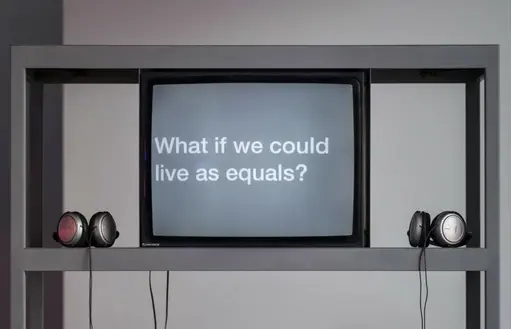
From 16 October 2020 until 31 January 2021 BAK, basis voor actuele kunst, Utrecht presents Tony Cokes: To Live as Equals, an exhibition and public program with and around the work of multimedia artist Tony Cokes. The exhibition is curated by Thiago de Paula Souza.
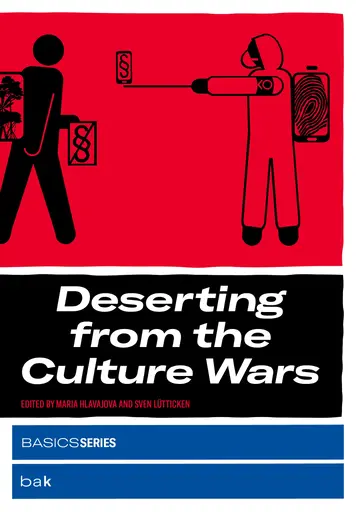
BAK, basis voor actuele kunst, Utrecht is proud to invite you to the book launch Deserting from the Culture Wars, the second reader in our BASICS series, published by BAK, basis voor atuele kunst and MIT Press, Cambridge, MA and edited by Maria Hlavajova and Sven Lütticken.
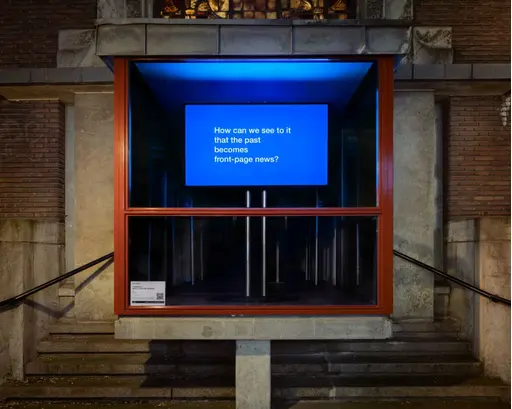
From 16 October–29 November 2020, the work c.my.skull.2. (Evil.13: Alternate Versions) by Tony Cokes is screened in public space as part of Tony Cokes: To Live as Equals.
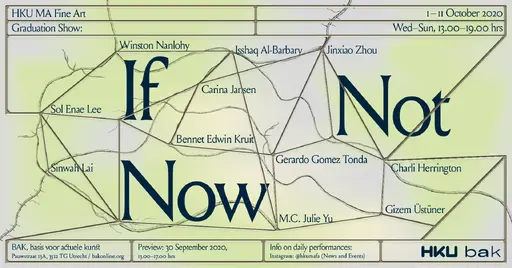
From 30 September–11 October 2020, BAK, basis voor actuele kunst, Utrecht hosts If Not Now, the graduation exhibition of the 2018−2020 MA Fine Art class of HKU University of the Arts Utrecht, which is curated by Katia Krupennikova.
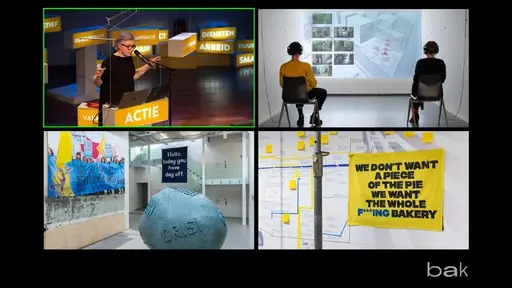
BAK organizes this edition of the course Art as Politics to donate the proceeds to Beirut Art Fund. The fund, set up by Mophradat, supports Beiruti artists, initiatives, and institutions in the aftermath of the 4 August 2020 explosion.
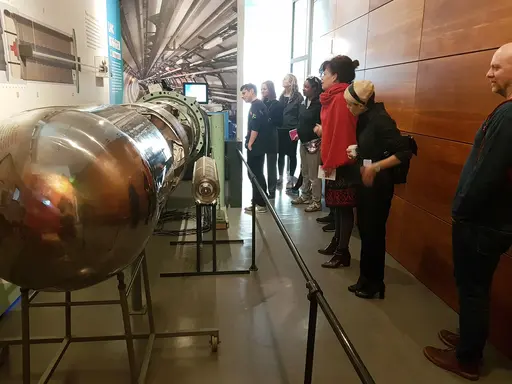
BAK, basis voor actuele kunst, Utrecht, proudly invites you to Propositions #12: Waves Breaking Walls, Futures in Movement, a culmination of the BAK 2019/2020 Fellowship Program in the form of a sonic science fiction transmission.
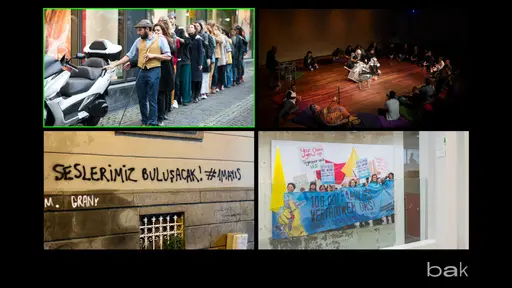
The new online course How to Assemble Now, a digital extension of BAK Public Studies, asks a perennial question that has only been amplified by current circumstances: What are the means, limits, and possibilities for mobilizing and forming lasting collectivities in this crisis-driven present?
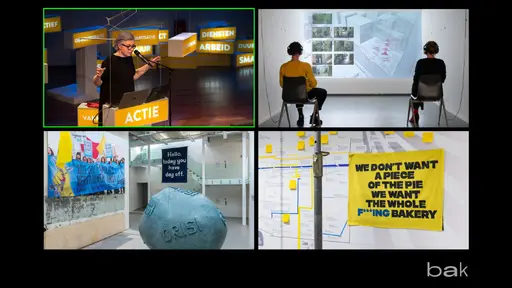
The online course Art as Politics, a digital extension of BAK Public Studies, is prompted by the urgency to continue collective thinking through, learning about, and imagining critical, politically-informed artistic practices that grasp—and intervene into—the present.
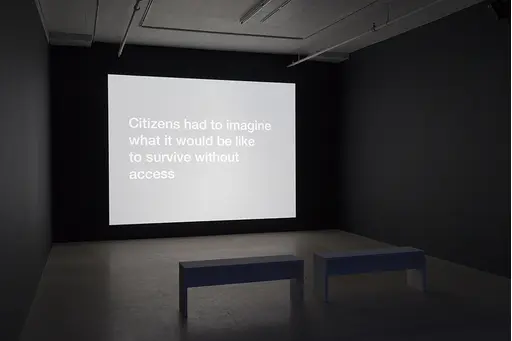
For 48 hours, from Thursday 11 June 2020, 18 hrs CET to Saturday 13 June 2020, 18 hrs CET BAK’s online forum, Prospections, presents a screening of Evil.27: Selma (2011), artist Tony Cokes’s audiovisual meditation on protest and imagination against the realm of mass-image circulation and anti-black oppression in the United States.
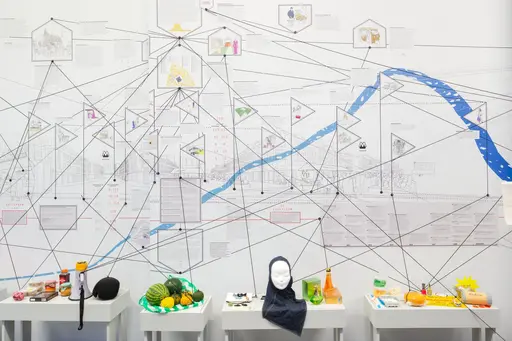
Coordinated communitarian responses to this crisis have abounded, with individuals and groups around the world organizing virtually overnight to provide response and support to many suddenly without shelter, food, or protection, or facing new personal, health, and economic instabilities.
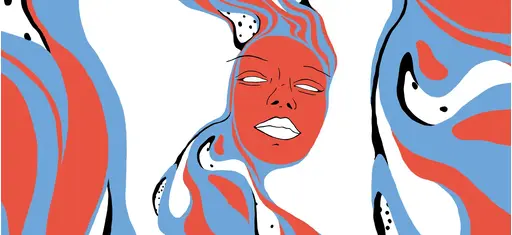
BAK, basis voor actuele kunst, Utrecht is proud to present a collaboration with Mama Cash for International Women’s Day, 8 March 2020. The Mama Cash Feminist Festival celebrates all that feminist movements around the world have fought for and achieved. It also looks forward, as visitors collectively imagine what a more feminist future would look like.
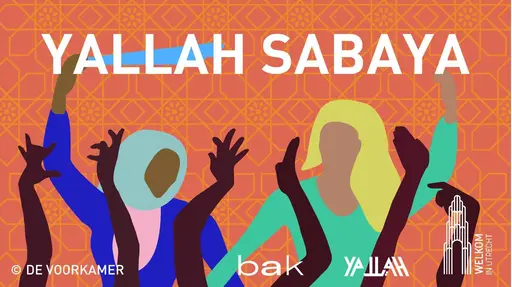
On Saturday 7 March 2020 BAK, basis voor actuele kunst, Utrecht hosts a special International Women’s Day edition of Yallah Sabaya!
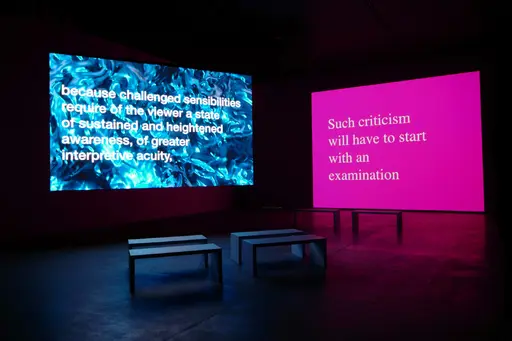
On Sunday 1 March 2020, come to BAK, basis voor actuele kunst, Utrecht for a curator tour of the newly opened Tony Cokes: To Live as Equals, an exhibition and public program with and around the work of artist Tony Cokes! Curator Thiago de Paula Souza will elaborate on the concept behind the exhibition, and take visitors past some of the pivotal works in the show.
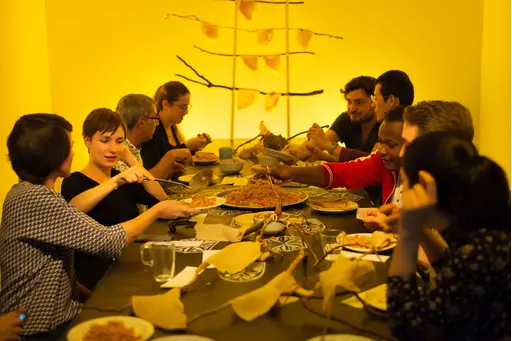
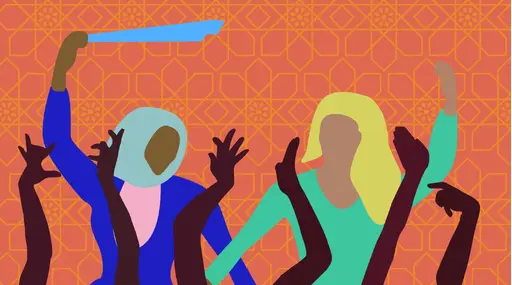
After the success of the first editions, Yallah Sabaya is back. Yallah Sabaya, meaning in Arabic ‘Come ladies! Enjoy yourselves!’, is a special evening just for women, an evening where dance and music connect women from around the world.
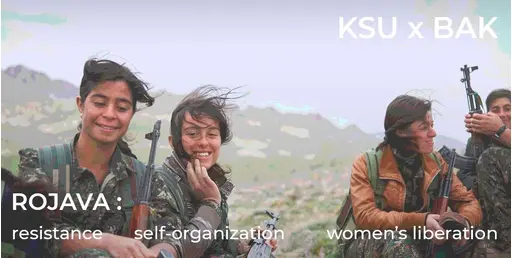
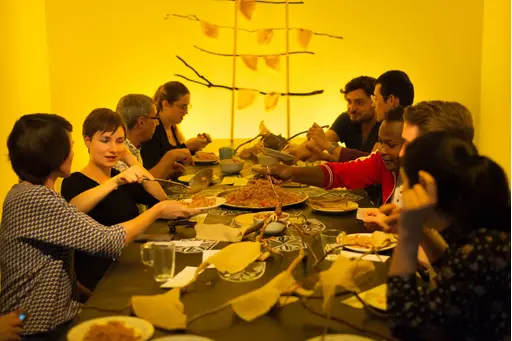
The twenty-second training as part of the Trainings for the Not-Yet is with Bakudapan Food Study Group, and takes place on 18–22 December 2019 (Wednesday–Sunday). This training focuses on mapping, cooking, eating, and reading.
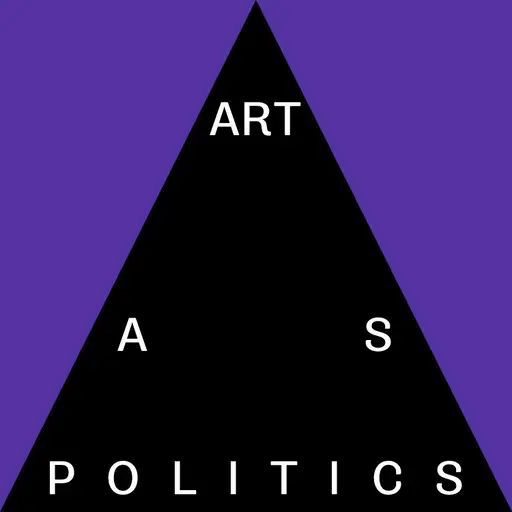
The Bratislava BAK Winter School: Art as Politics is a collaborative and intensive learning week from 16–20 December 2019 in Bratislava, Slovakia.
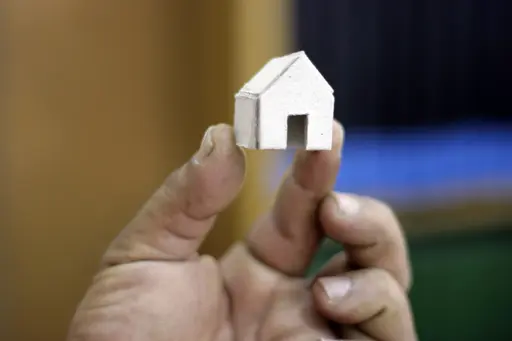
The twentieth training as part of the Trainings for the Not-Yet is with Beatrice Catanzaro. It takes place on 11–15 December 2019 (Wednesday–Sunday). This training focuses on exploring memories, communal writing and visualising (personal) stories.
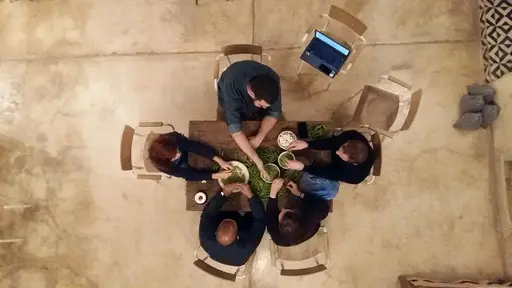
The twenty-first training as part of the Trainings for the Not-Yet is with QANAT (Abdellah Hassak, Amine Lahrach, Edouard Sors, Francesca Masoero, George Bajalia, Jérôme Giller, Louisa Aarrass, Noureddine Ezarraf, and Sara Frikech), and takes place on 11–15 December 2019 (Wednesday–Sunday).
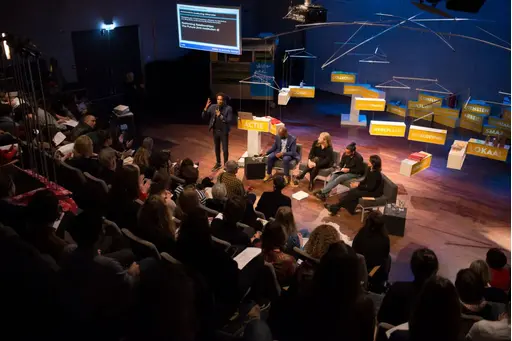
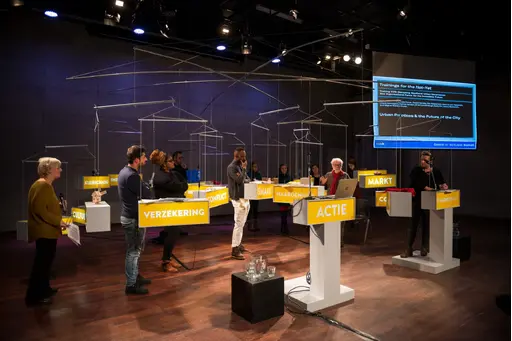
The eighteenth training as part of the Trainings for the Not-Yet is with Urban Front (David Harvey and Miguel Robles-Durán), and takes place on 5 December 2019 (Thursday).
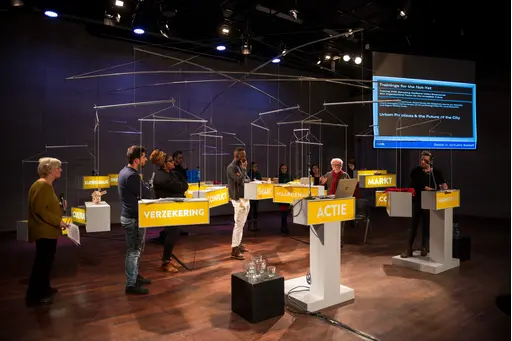
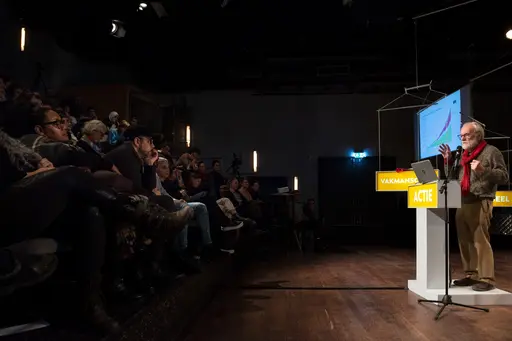
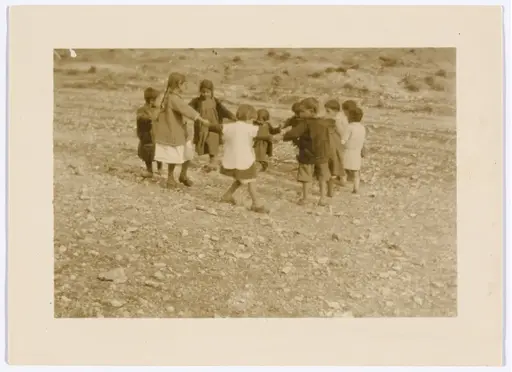
The sixteenth training as part of the Trainings for the Not-Yet is with Hamada al-Joumah and Jasmine Eid-Sabbagh, and takes place 27 November–1 December 2019 (Wednesday–Sunday).
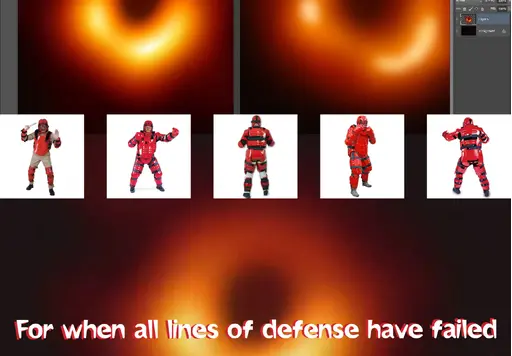
The seventeenth training as part of the Trainings for the Not-Yet is with a subdivision of To Be Determined (Clara Balaguer, Gabriel Fontana, and Sarafina van Ast), and takes place 27 November–1 December 2019 (Wednesday–Sunday).
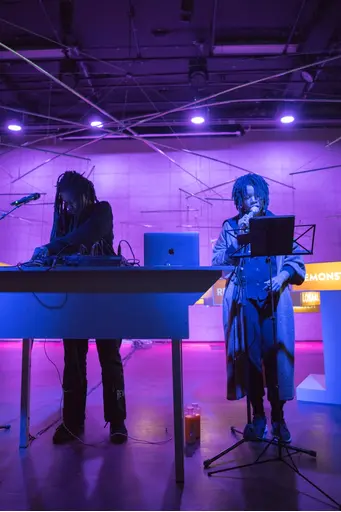
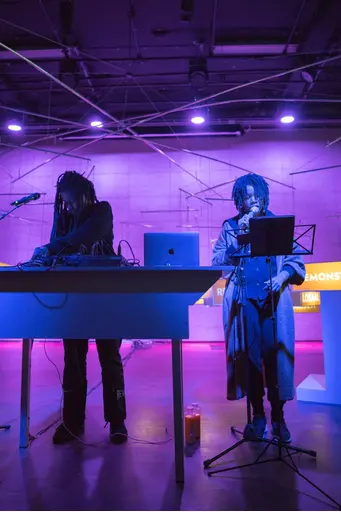
The fifteenth training as part of Trainings for the Not-Yet is with Black Quantum Futurism, and takes places 20-22 November 2019 (Wednesday-Friday).
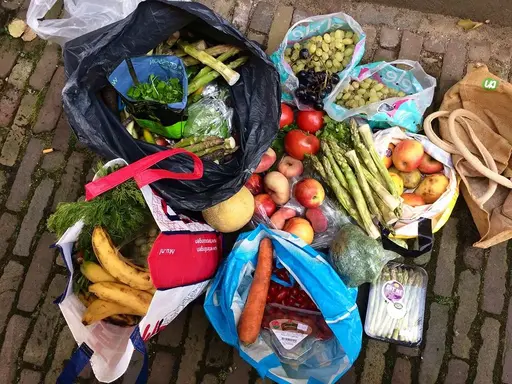
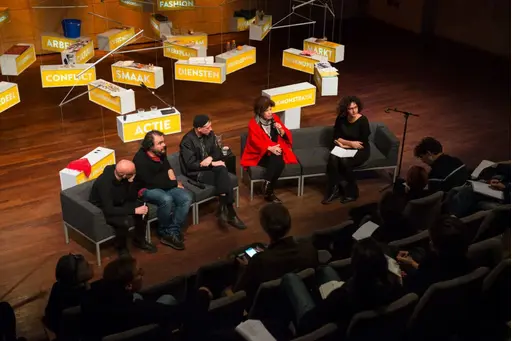
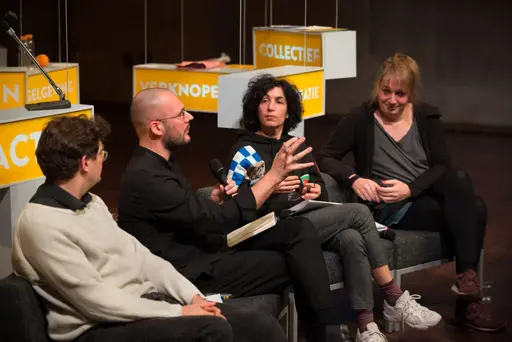
This fourth day of the week of Propositions #9 Deserting from the Culture Wars consists of a training with Terra Critica, and a public program including a panel.
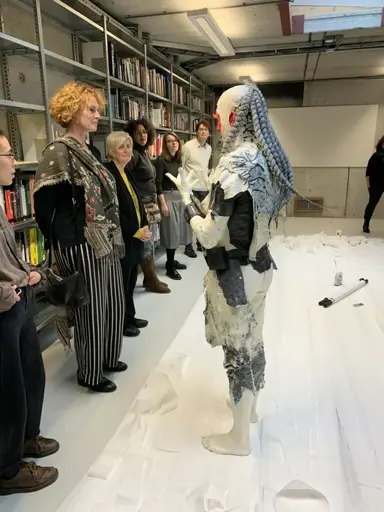
This third day of the week of Propositions #9 Deserting from the Culture Wars consists of a training with Transformella Malor, and a public program including a lecture.
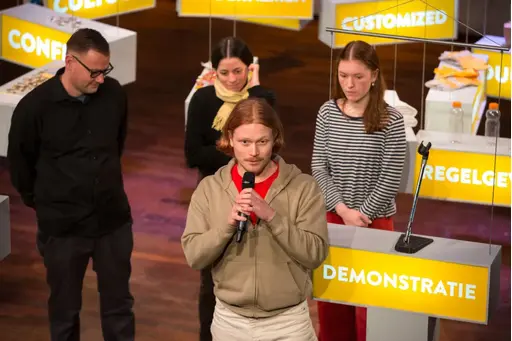
This second day of the week of Propositions #9 Deserting from the Culture Wars consists of a training with Rose Hammer and a public program including a lecture with Tom Holert.
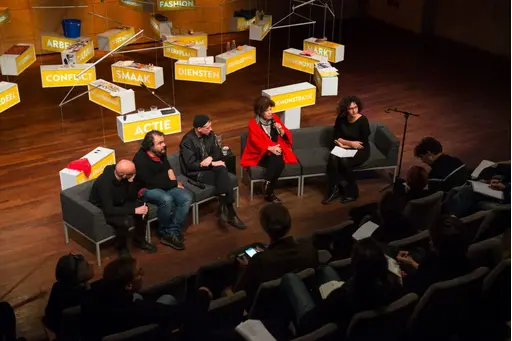
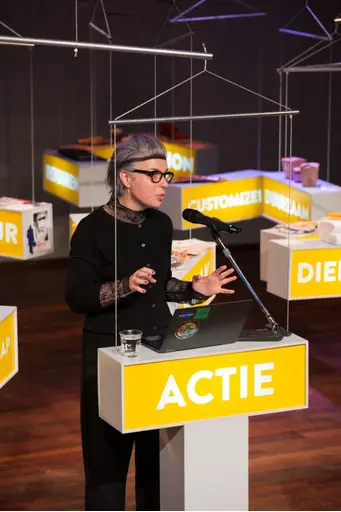
This first day of the week of Propositions #9 Deserting from the Culture Wars consists of a training with Jonas Staal, and a public program including a lecture with Sven Lütticken.
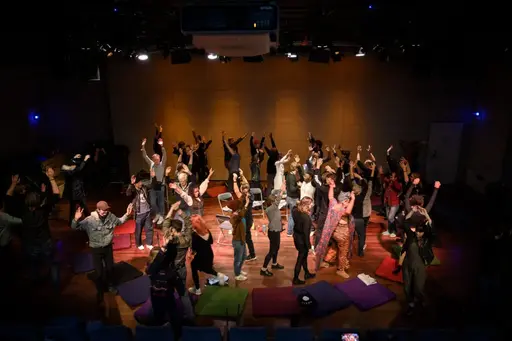
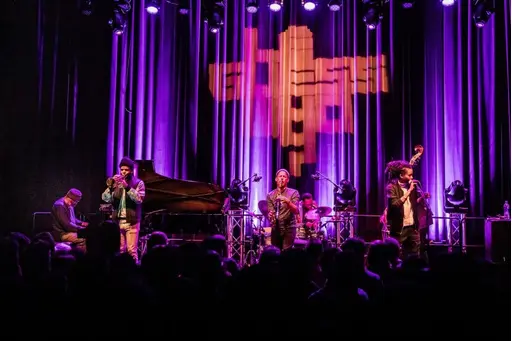
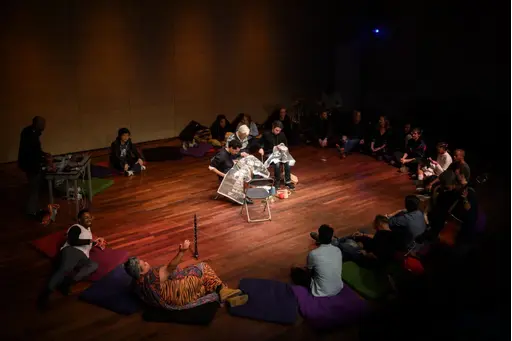
The thirteenth training as part of the Trainings for the Not-Yet is with Patricia Kaersenhout, and takes place 6-8 November 2019 (Wednesday-Friday).
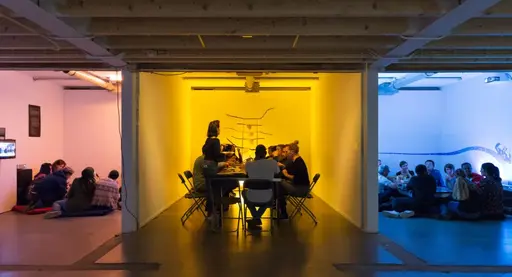
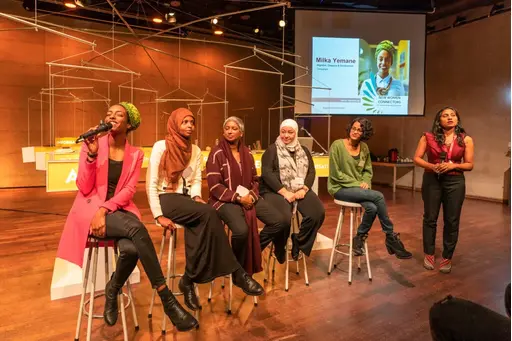
The twelfth training as part of Trainings for the Not-Yet is a symposium for and by refugee & migrant women by New Women Connectors and BAK, basis voor actuele kunst.
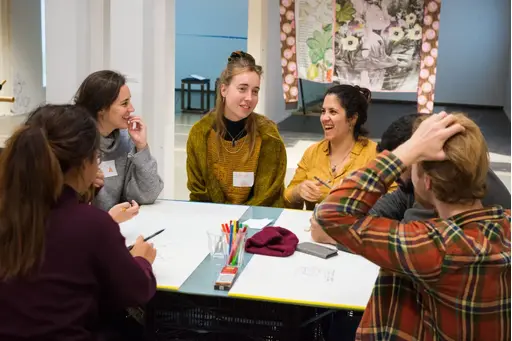
The eleventh training as part of Trainings for the Not-Yet is with De Voorkamer, and will take place from 29-31 October 2019 (Tuesday-Thursday) and on 3 november 2019 (Sunday).
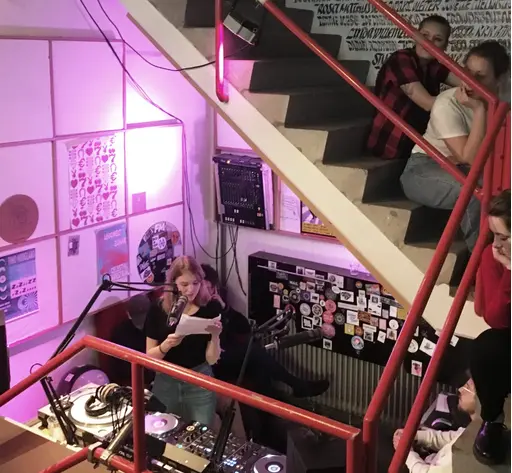
Listen/Re:listen is a radio installation by Stranded FM as part of Trainings for the Not-Yet. Stranded FM, a Utrecht-based “Unconventional Online Radio”, will host a series of trainings from Sunday 27 October untill Wednesday 18 December.
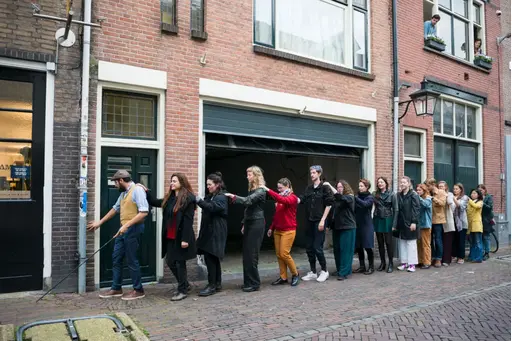
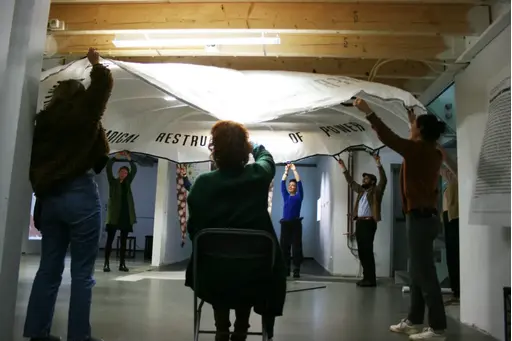
The tenth training as part of Trainings for the Not-Yet is with Carmen Papalia, and takes place from 22-26 October 2019 (Tuesday-Saturday).
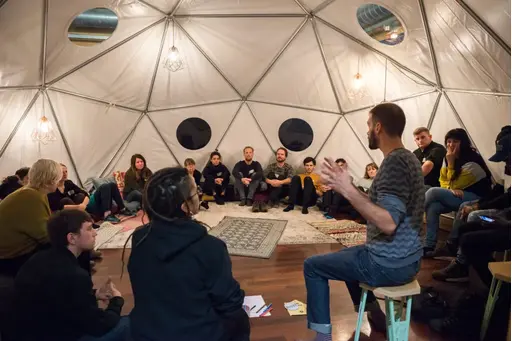
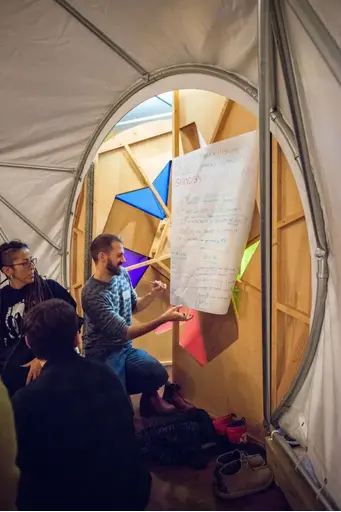
The eighth training as part of Trainings for the Not-Yet is with Homebaked Community Land Trust (CLT) (Britt Jurgensen), De Nieuwe Meent (Selçuk Balamir), de Kasko (Joska Ottjes), Refugee Collective We Are Here, Ethel Baraona Pohl, Cristina Gamboa and Irene Calabuch Miron. It takes place from 16-20 October 2019 (Wednesday-Sunday). The training consists of discussions, exchange, and cooking.
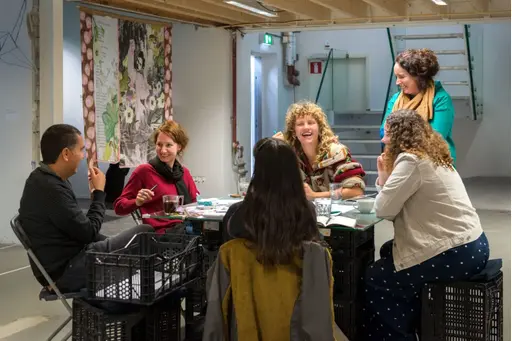
The ninth training as part of the Trainings for the Not-Yet is with Fran Ilich, and takes place from 16-20 October 2019 (Wednesday-Sunday). It inlcudes presentations and talks with images, casestudies of alternative art, community and economic models, and collective production and spinning into motion of plans and strategies.
The seventh training as part of the Trainings for the Not-Yet is with Whitney Stark, and takes place on 12 October 2019. This training focuses on thinking exercises and collaborative resource building to come up with and share tools, practices, and ideas on care, accountability, and relation.
The sixth training as part of Trainings for the Not-Yet is with Laced-Up Project, and takes place on Thursday 10 October 2019. The training consists of discussions, presentations, and practical exercises on the art of consent.
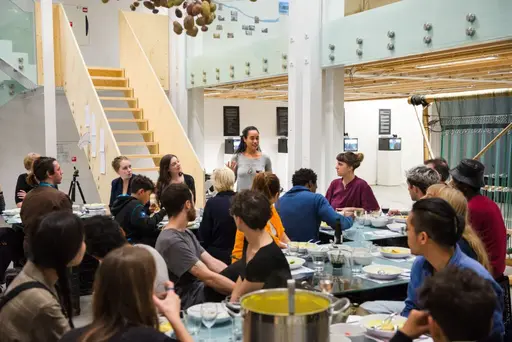
The fourth training as part of the Trainings for the Not-Yet is with Chloë Bass, and takes place from 9-13 October 2019. This training focuses on cooking, recipe writing, storytelling, dialogue, translation, language-learning and language-teaching.
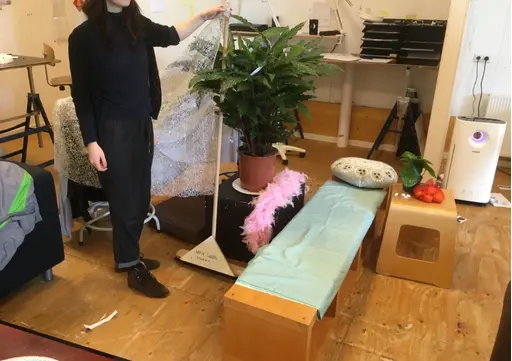
The fifth training as part of the Trainings for the Not-Yet is with Staci Bu Shea, and take place on 9 and 11 October 2019. This training focuses on building coalition and affinity, strategies for dealing with feelings, principles of nonviolent communication, creating and maintaining boundaries, and identifying and holding accountability.
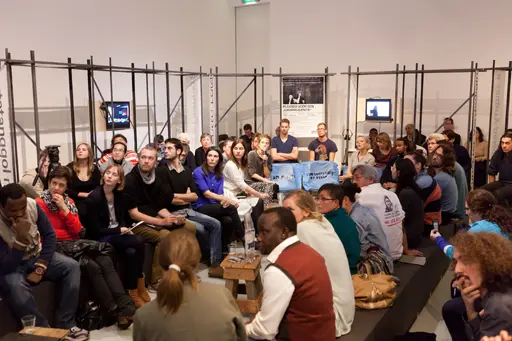
Part of BAK Public Studies, the course Instituting Otherwise, which takes place at BAK, basis voor actuele kunst in Utrecht from 8–29 October 2019, focuses on the possibilities of the (art) institution within and in spite of the current political predicament.
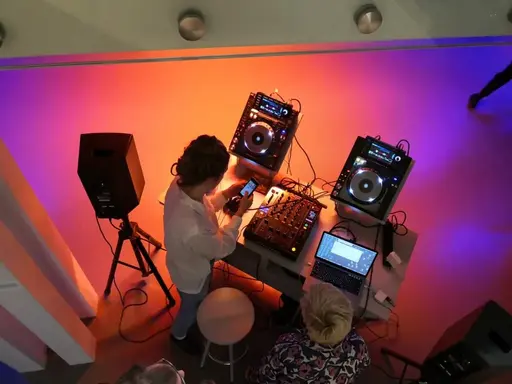
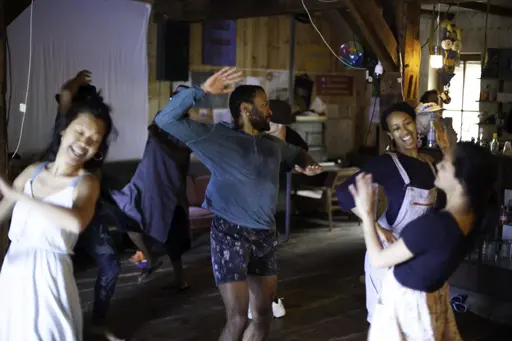
The third training as part of Trainings for the Not-Yet is with Joy Mariama Smith, and takes place from 2–6 October 2019 (Wednesday–Sunday) at BAK. It is a training in collective reading and writing, conversations, somatics, movement research, karaoke, and more, culminating in a dance party and public intervention on Saturday 5 October 2019.
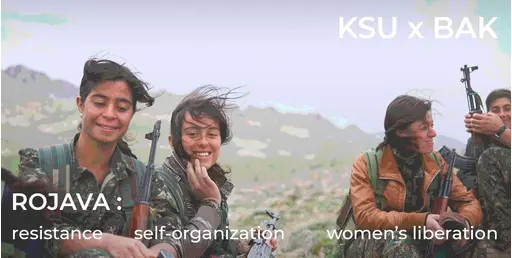
Throughout the course of Trainings for the Not-Yet, the Basic Activist Kitchen (the BAK) organizes daily cooking sessions and meals for trainings participants as well as for passers-by.
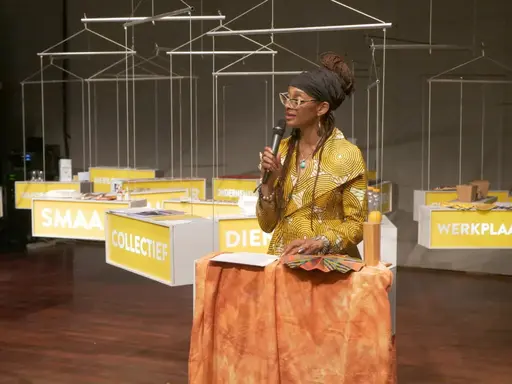
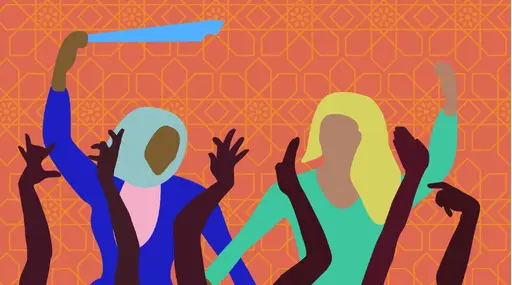
Yallah Sabaya (“Come, ladies! Enjoy yourselves!” in Arabic) is a special evening just for women, an evening where dance and music connect women from around the world. All women, from every country or culture, are welcome to meet, chat, and dance.
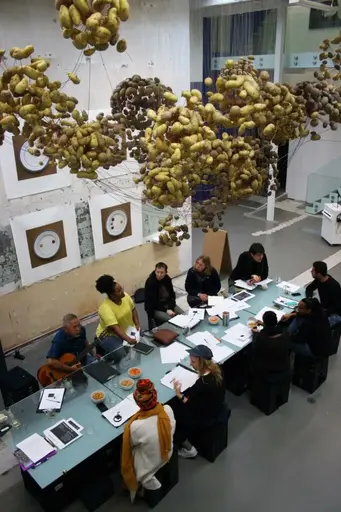
The second training as part of Trainings for the Not-Yet is with Nancy Jouwe and Denise Valentine, and takes place from 26–28 September 2019. It is a training in mapping timelines, street names, landmarks, oral histories, archival material, and personal histories.
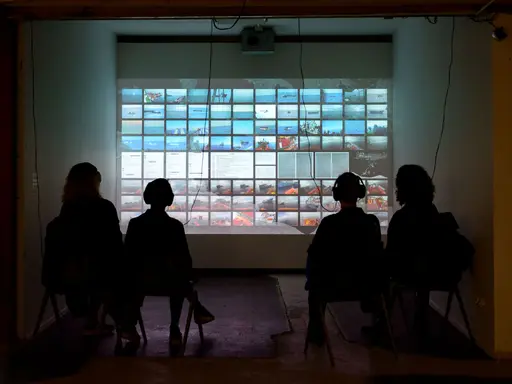
From 23 September until 28 October 2019, BAK organizes the course “Art and Politics.” In six weekly sessions, the participants learn about how contemporary art relates to the political in an accessible way. The course zooms in on the historical period starting with the pivotal year 1989 to today.
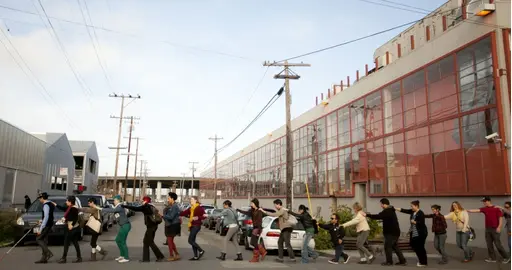
BAK, basis voor actuele kunst is thrilled to share the schedule of trainings for Trainings for the Not-Yet. These community-to-community sessions, with artists, organizers, activists, dancers, cooks, and more, take place every week, Wednesdays–Sundays (with exceptions) between 14–18 hrs at BAK and are accompanied by a collective dinner (on weekdays, 18–19 hrs) and lunch (on weekends, 13–14 hrs) at the Basic Activist Kitchen.
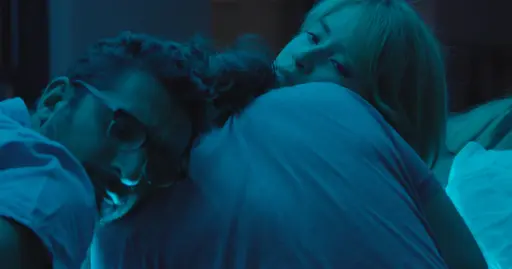
The first training as part of Trainings for the Not-Yet is with artist and pedagogue Adelita Husni-Bey, and takes place from 18-22 September 2019.
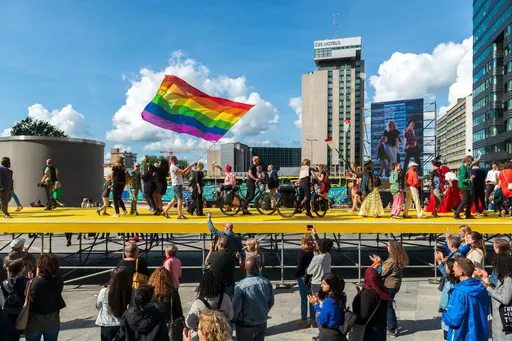
A presentation by BAK, basis voor actuele kunst at the Utrecht City Office, part of the exhibition Op Kunstsafari door Utrecht.
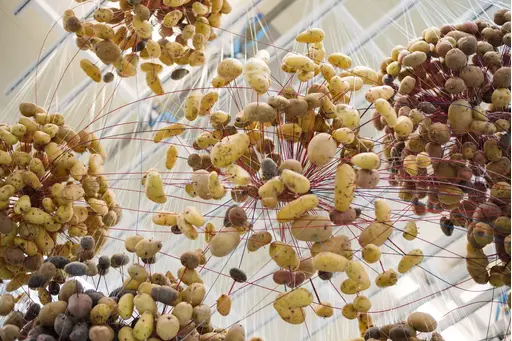
An exhibition as a series of trainings for a future of being together otherwise, convened with a multitude of collaborators by Jeanne van Heeswijk and BAK, basis voor actuele kunst, Utrecht.
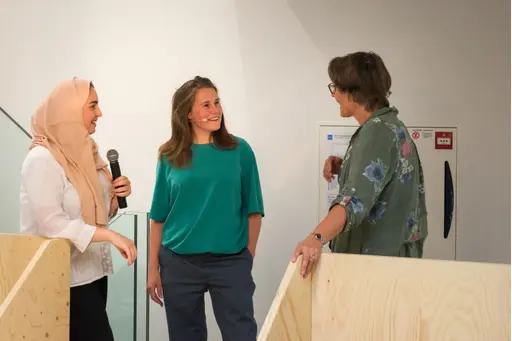
Come to BAK, basis voor actuele kunst during the weekend of 14–15 September 2019 for the opening of Trainings for the Not-Yet, an exhibition as a series of trainings for a future of being together otherwise, convened with a multitude of collaborators by Jeanne van Heeswijk and BAK, basis voor actuele kunst, Utrecht.
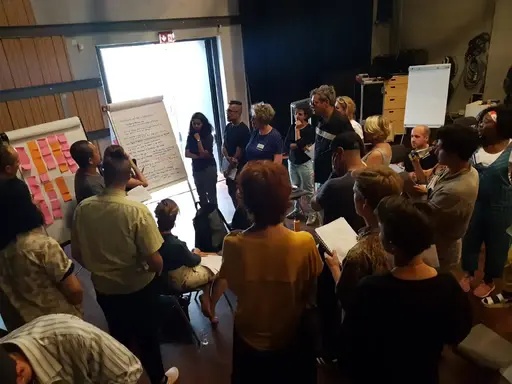
The BAK Summer School: Art as Politics is a collaborative and intensive learning week at BAK, basis voor actuele kunst from 22–26 July 2019 in Utrecht, the Netherlands.
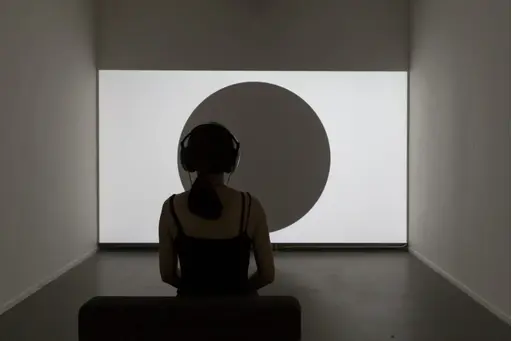
From 4–18 July 2019, BAK, basis voor actuele kunst hosts the HKU MA Fine Art Graduation Show Futures Without… The opening takes place on Thursday 4 July 2019 from 18 until 21 hrs.
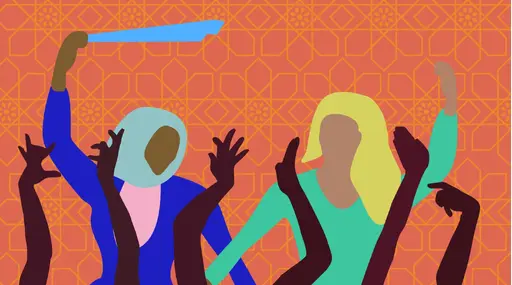
Yallah Sabaya (“Come, ladies! Enjoy yourselves!” in Arabic) is a special evening just for women, an evening where dance and music connect women from around the world. All women, from every country or culture, are welcome to meet, chat, and dance.
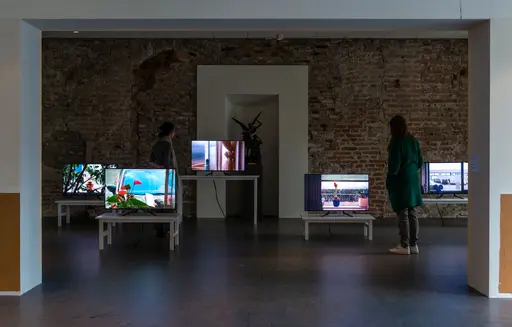
BAK, basis voor actuele kunst organizes a special viewing of a new work Seven Addresses (2019) by artist duo Sander Breure & Witte van Hulzen, co-commissioned by BAK and Centraal Museum Utrecht and presented in the exhibition The People Are the City.
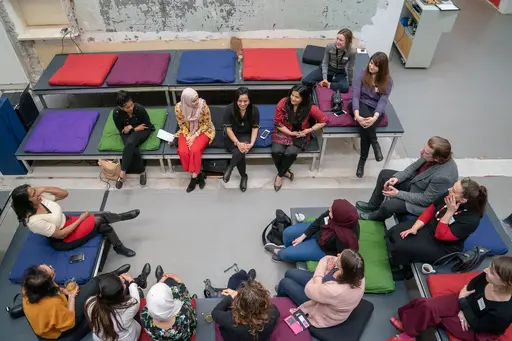
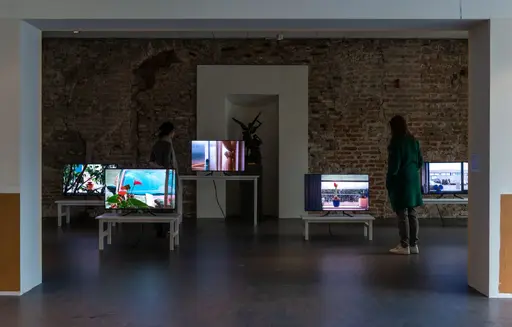
With great pride, BAK, basis voor actuele kunst, Utrecht presents a two-part exhibition The People Are the City, which takes place in the public areas of the Utrecht City Office and at The Utrecht Archives.
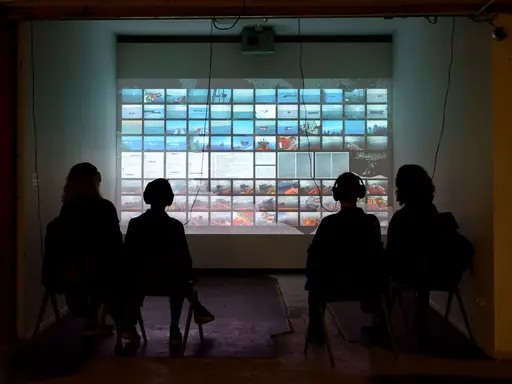
From 11 March until 15 April 2019, BAK organizes the course Art and Politics. A six-week course on the relations between contemporary art and the political
From 11 March until 15 April 2019, BAK organizes the course Art and Politics. A six-week course on the relations between contemporary art and the political.
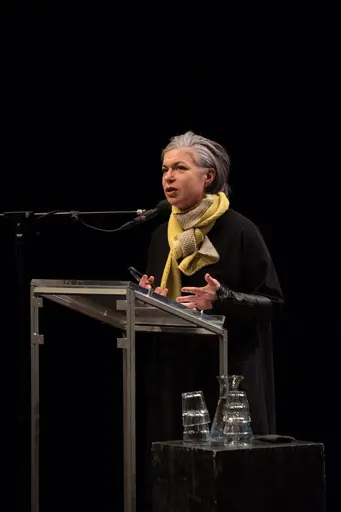
A keynote lecture y Maria Hlavajova of the GRACE Conference 2019, titled Gender and Cultures of In/Equality in Europe: visions, poetics, strategies. The conference takes place in Utrecht from 7–9 March 2019, to incorporate International Women’s Day.
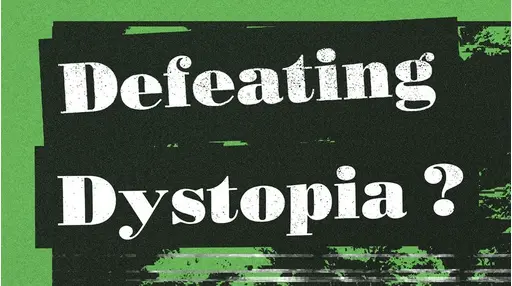
In the series BAK, basis voor…, BAK joins forces with other organizations in addressing shared urgencies and developing propositions for “being together otherwise.” The series was conceived as part of the project Trainings for the Not-Yet, organized by artist Jeanne van Heeswijk and BAK from 14 September 2019–12 January 2020.
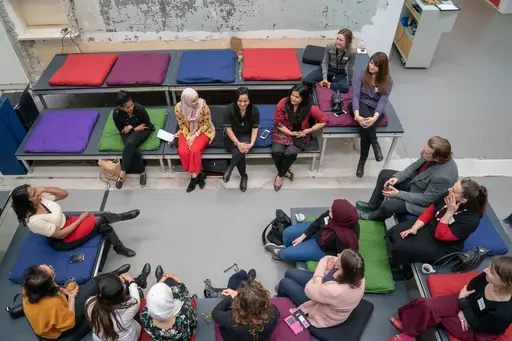
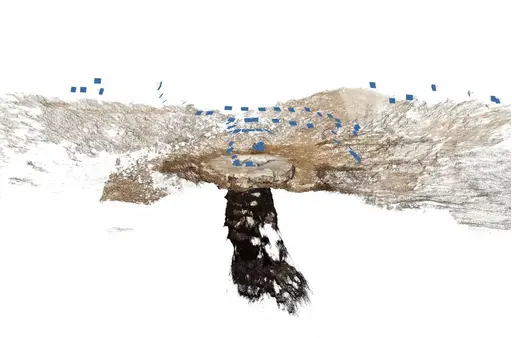
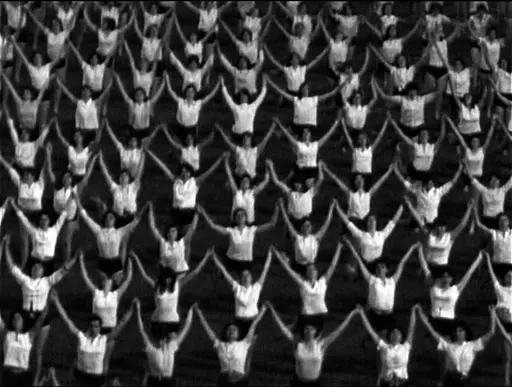
Please join us at BAK, basis voor actuele kunst, Utrecht on Wednesday 23 January 2019 at 19.30 hrs for the Dutch premiere of the film Yugoslavia, How Ideology Moved Our Collective Body (2013) by artist and filmmaker Marta Popivoda.
